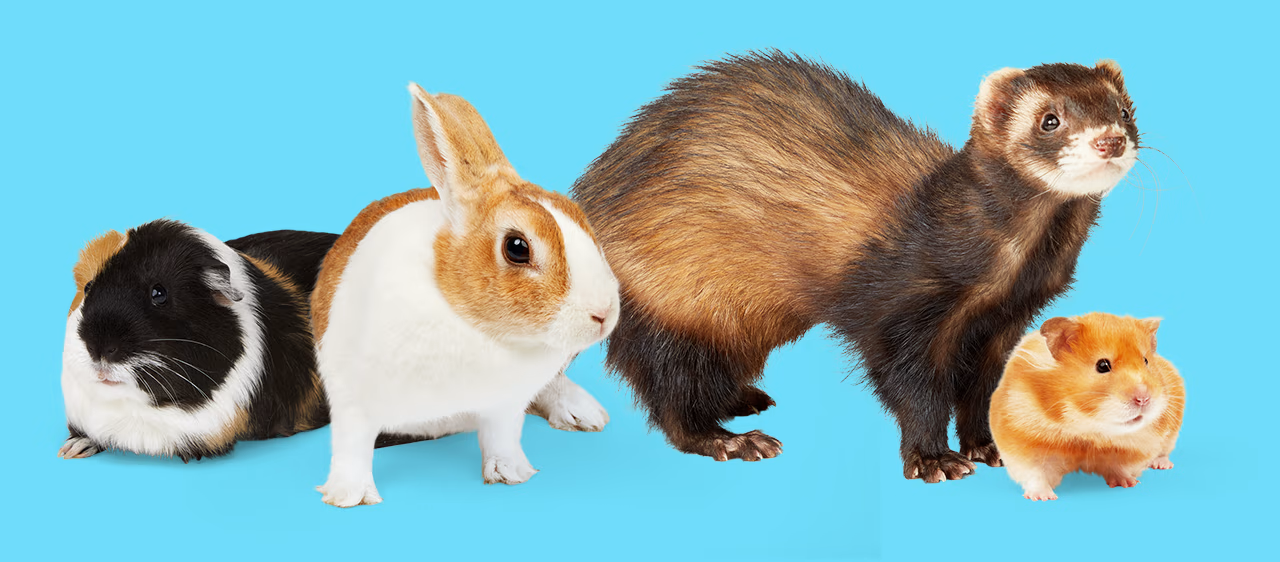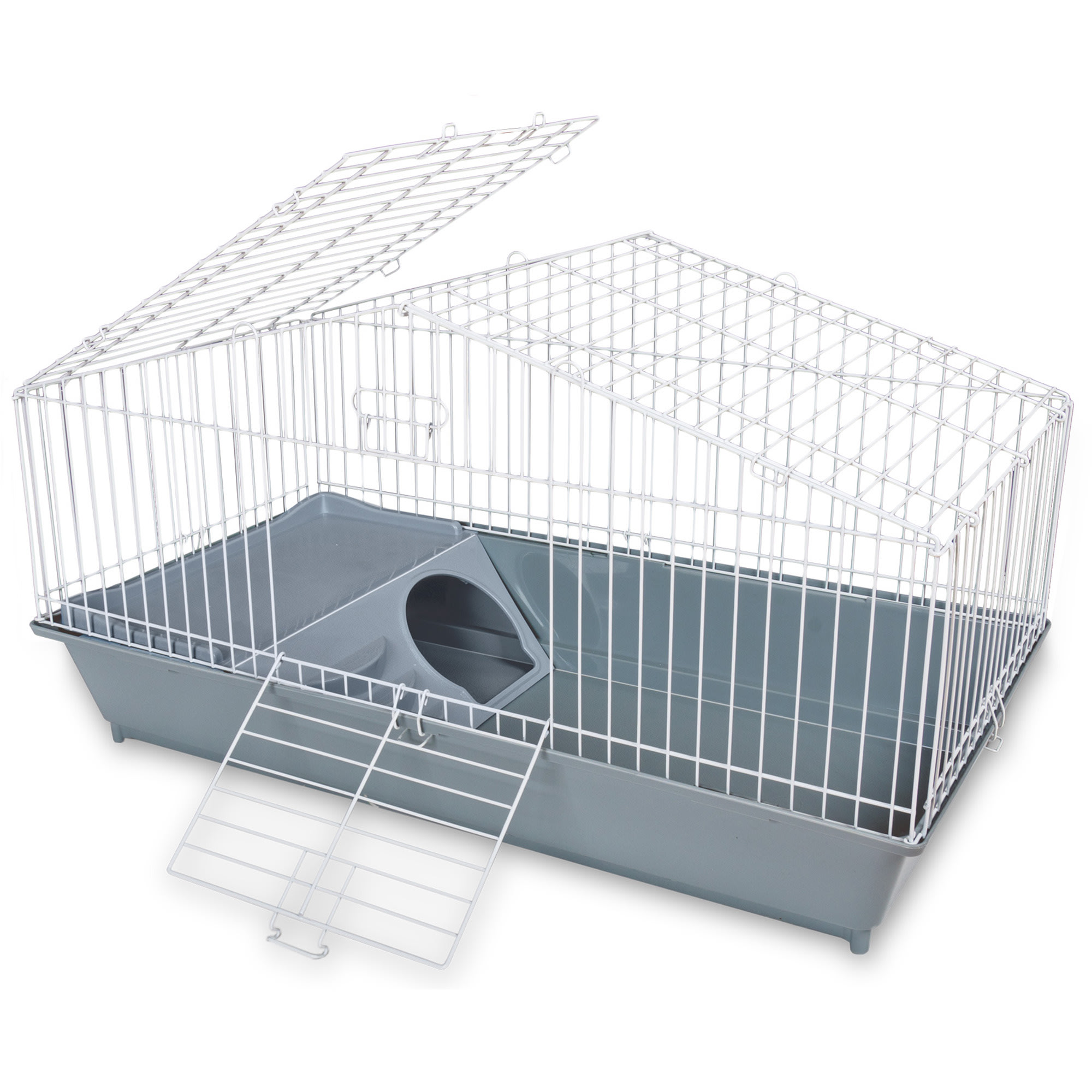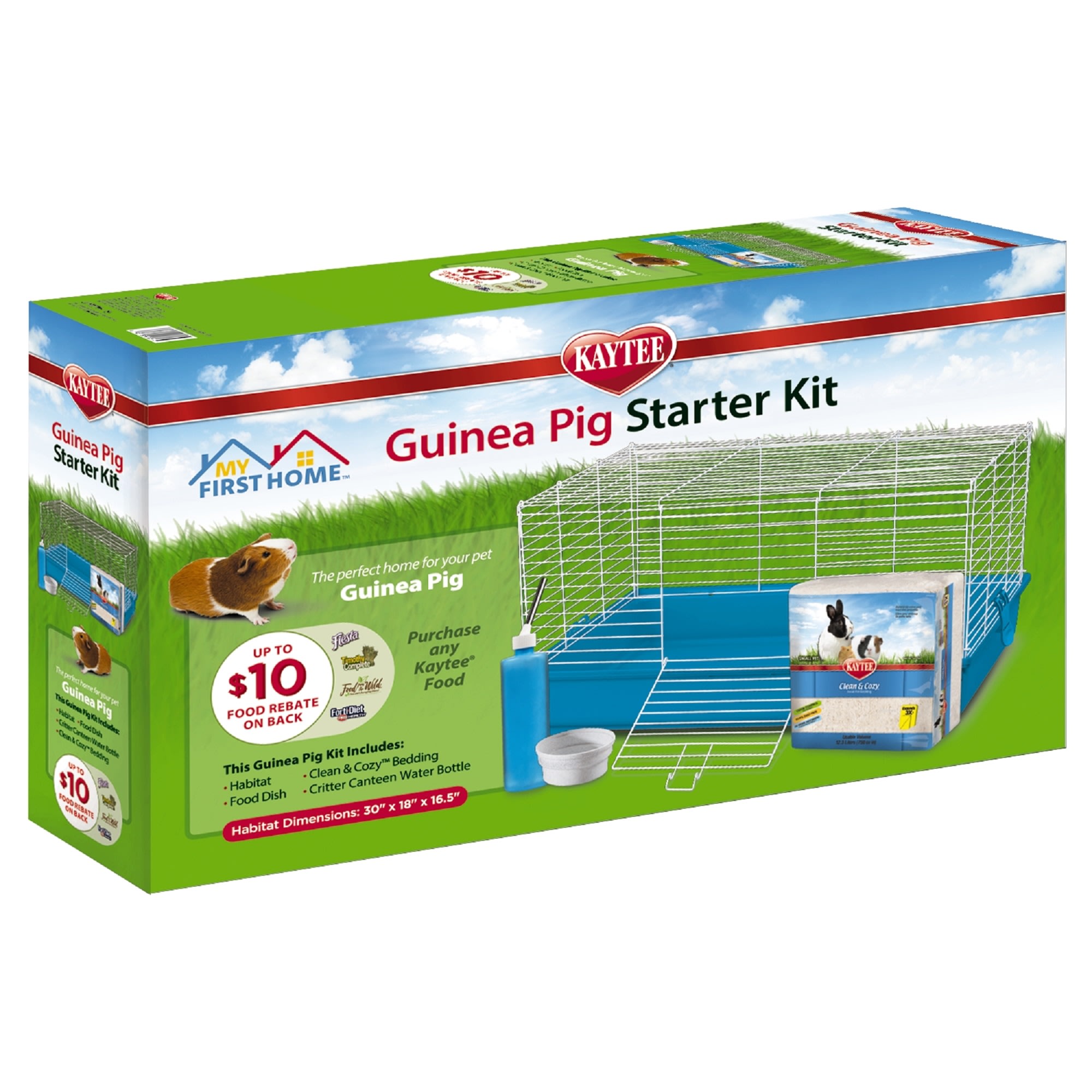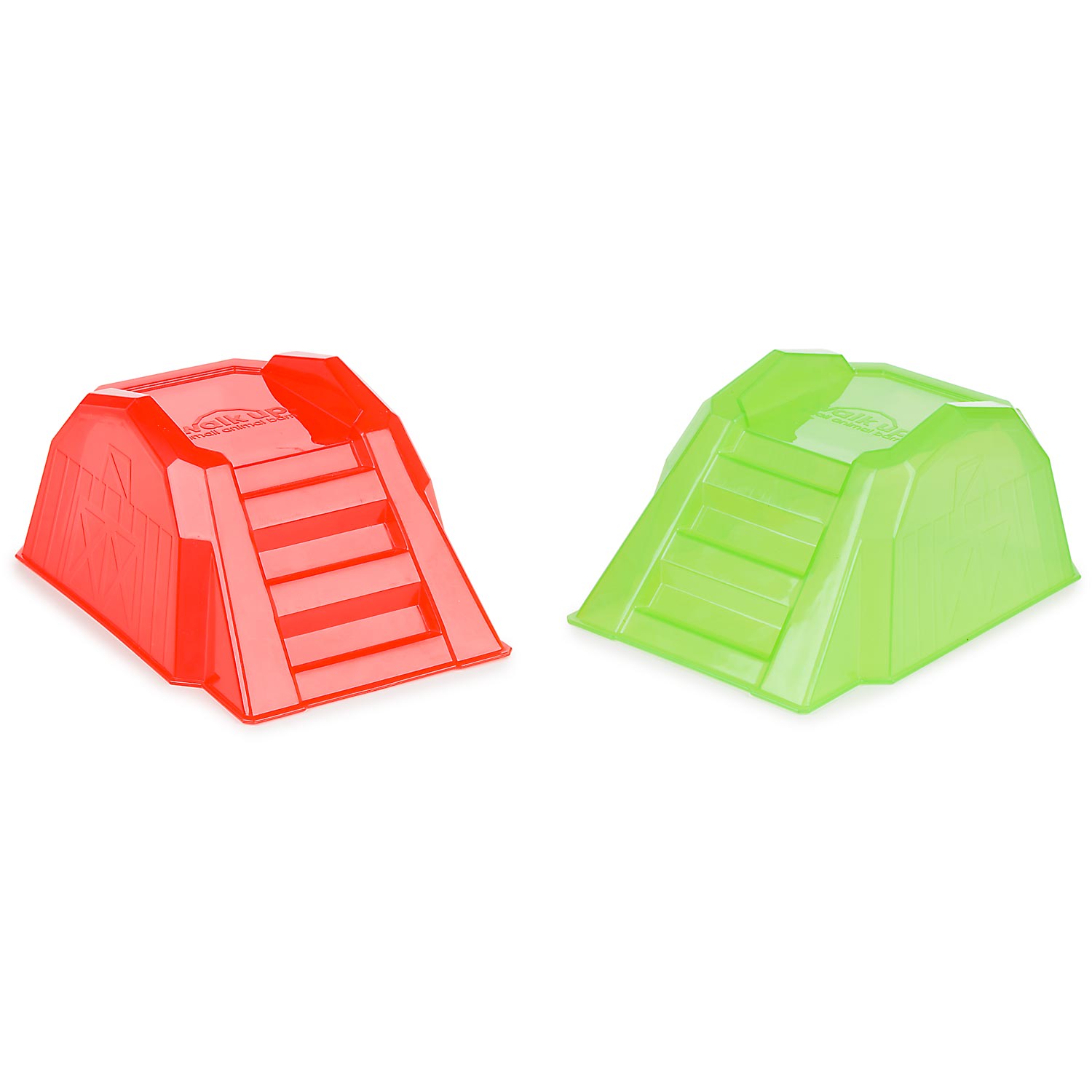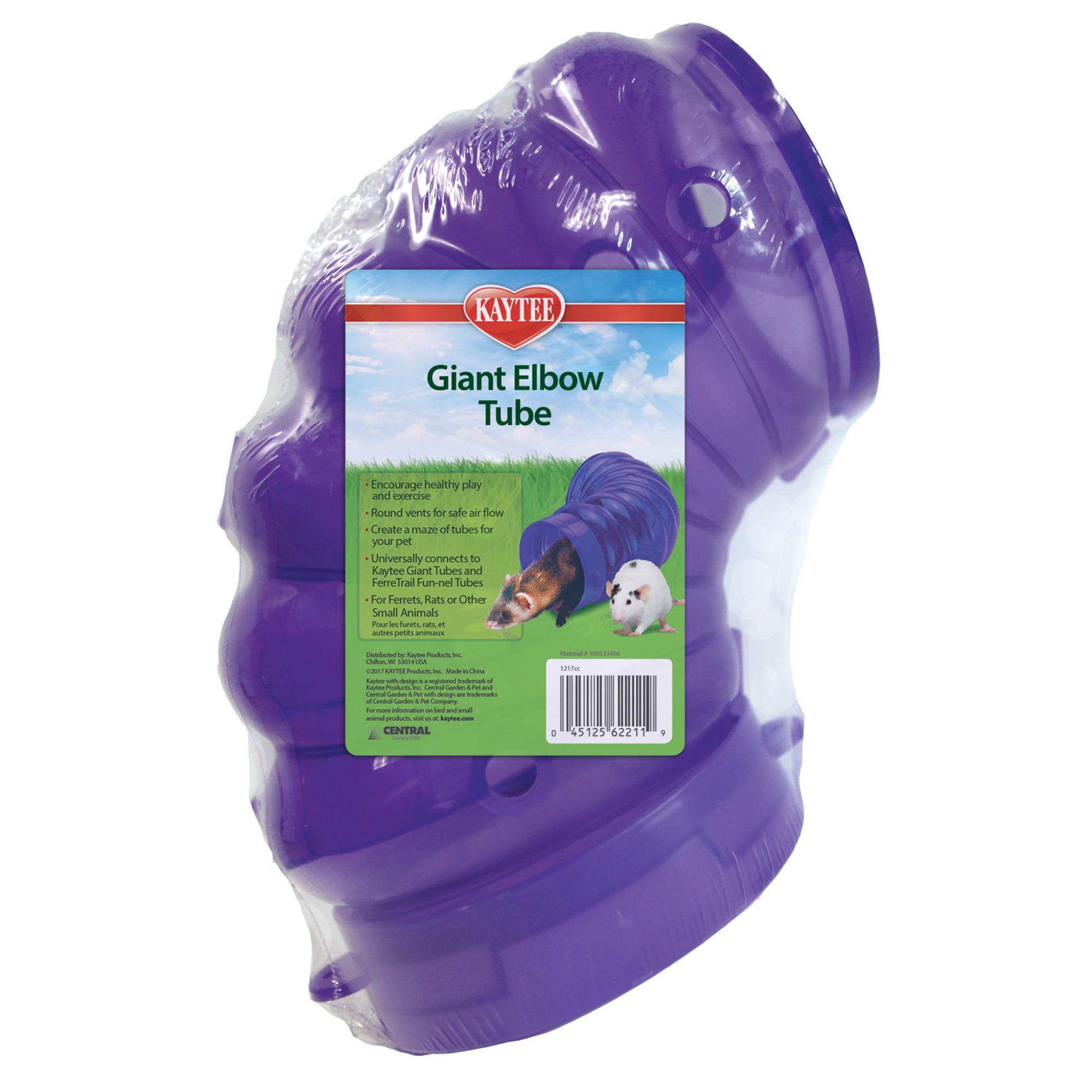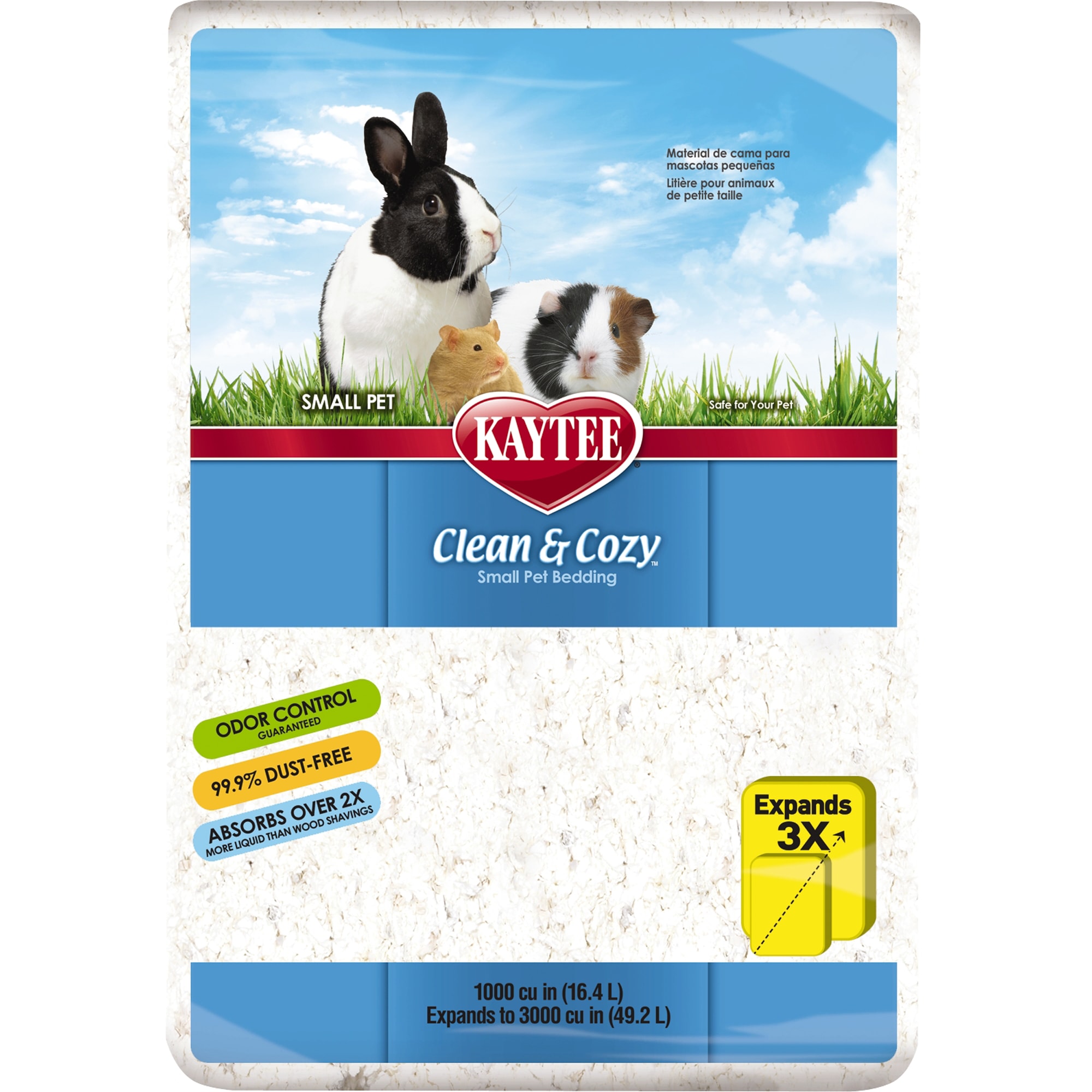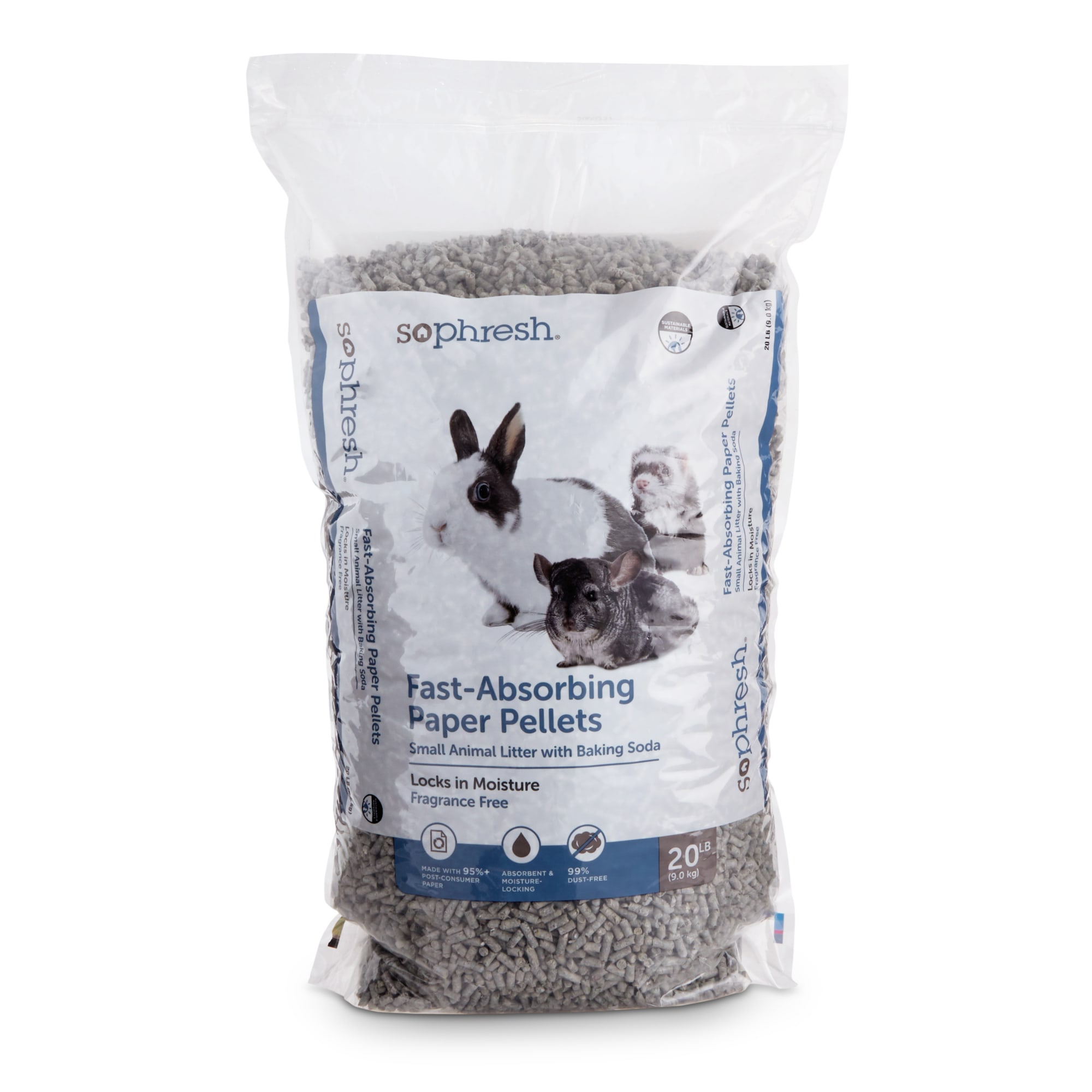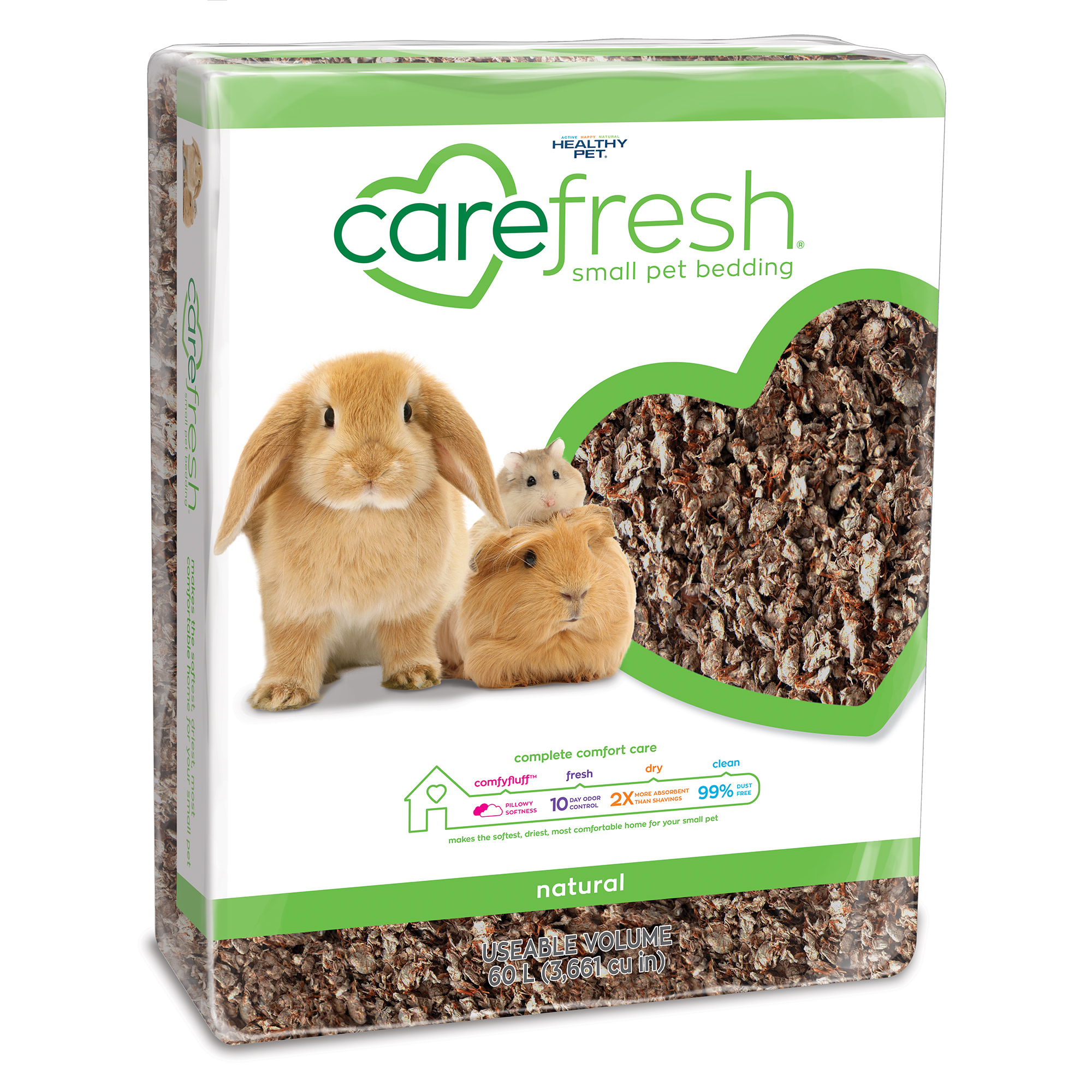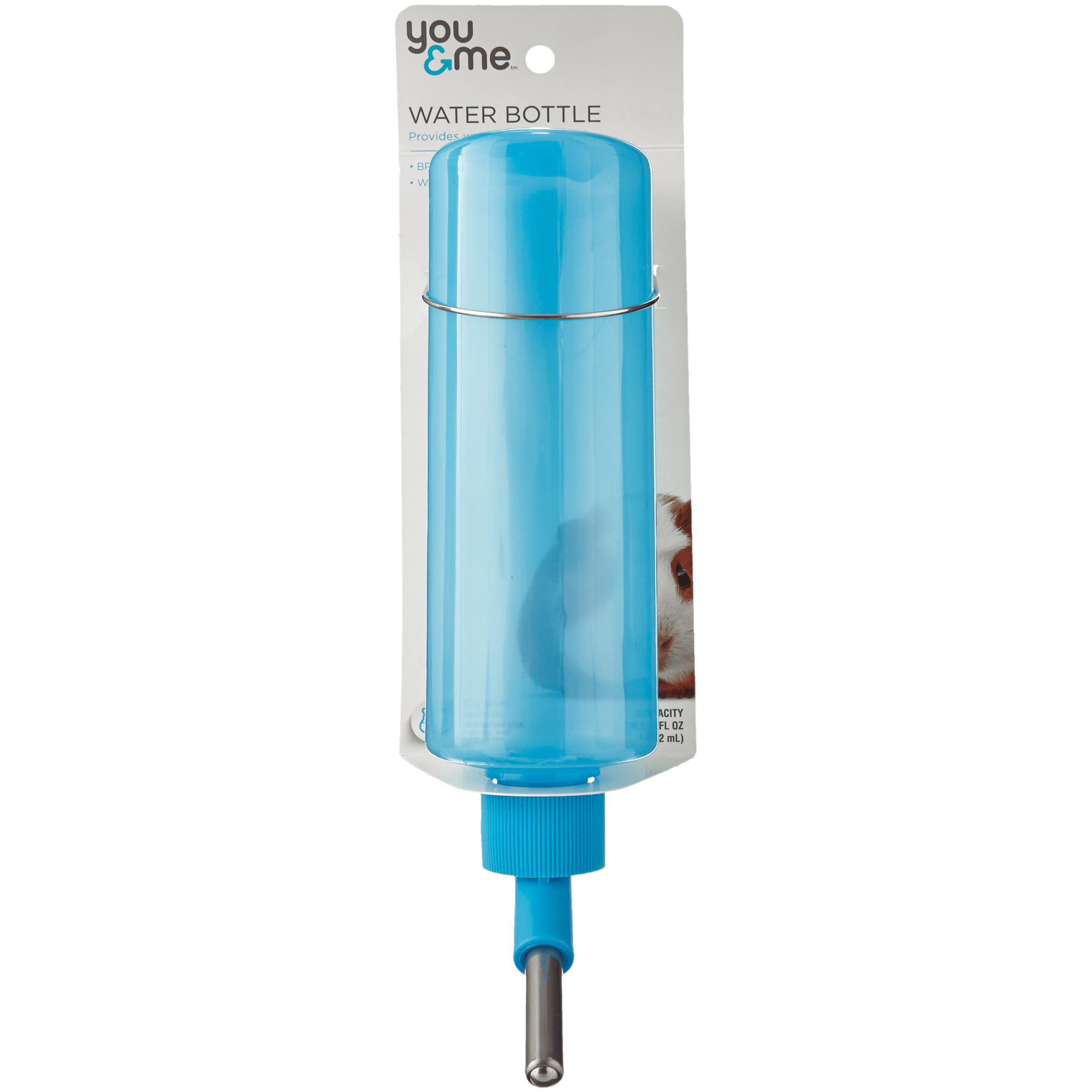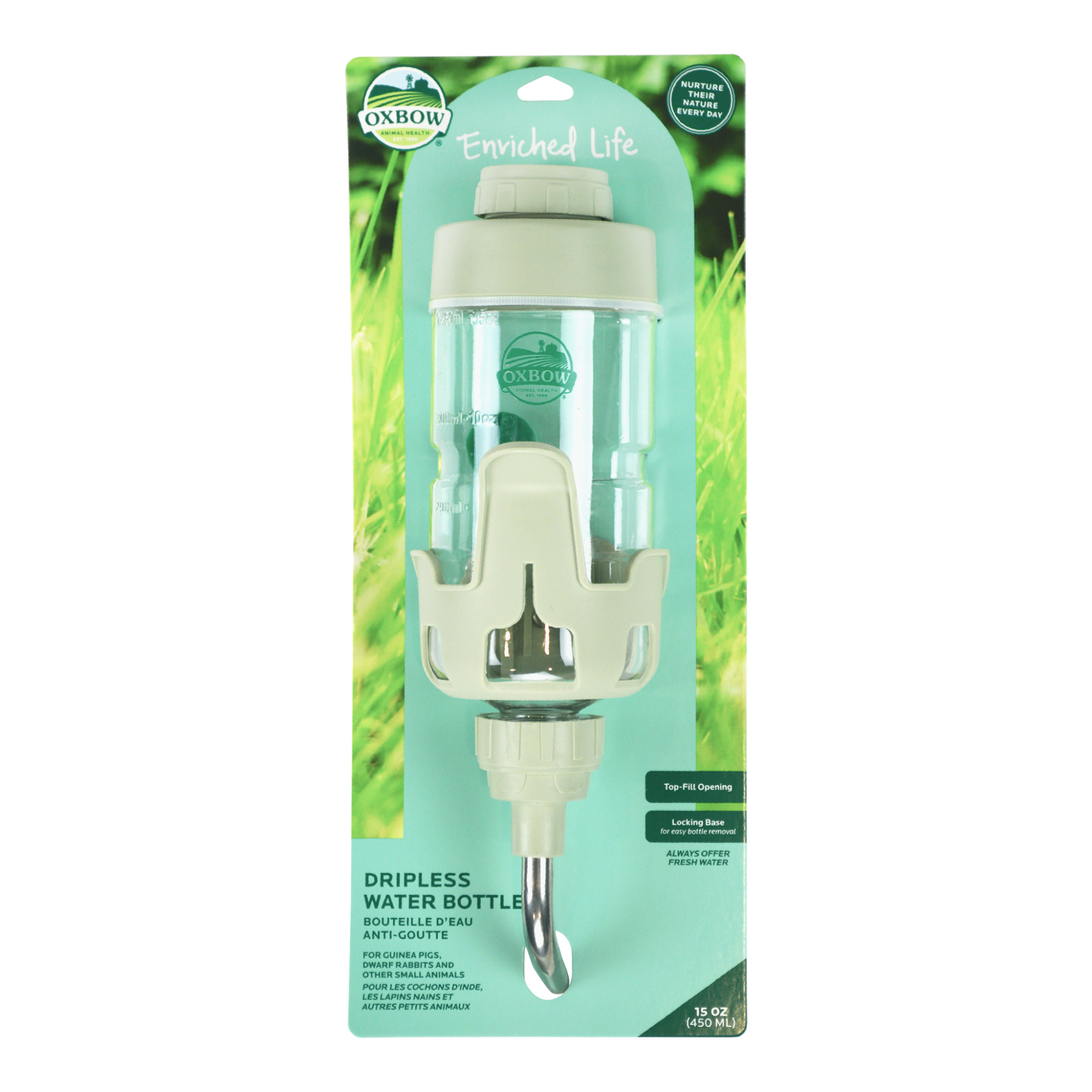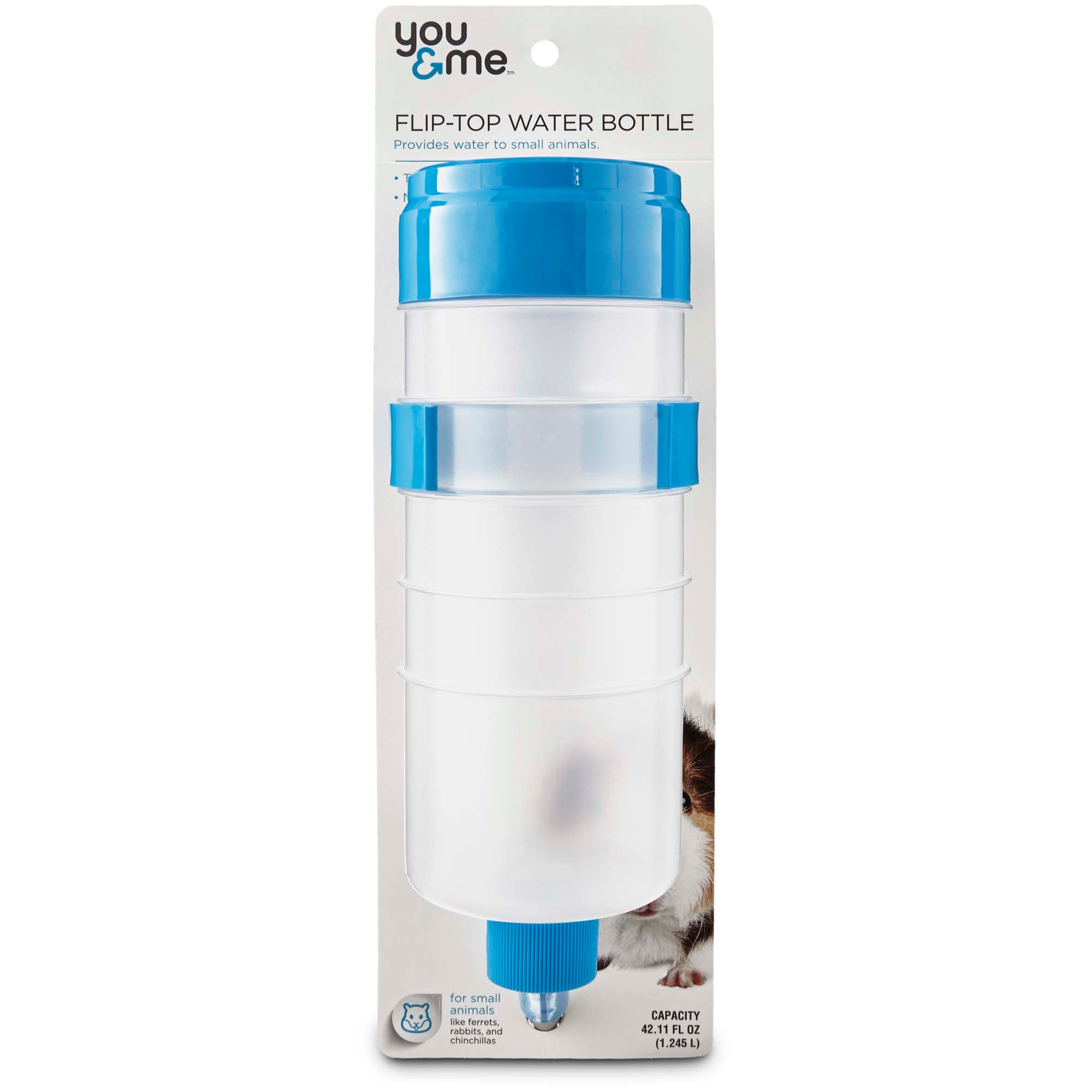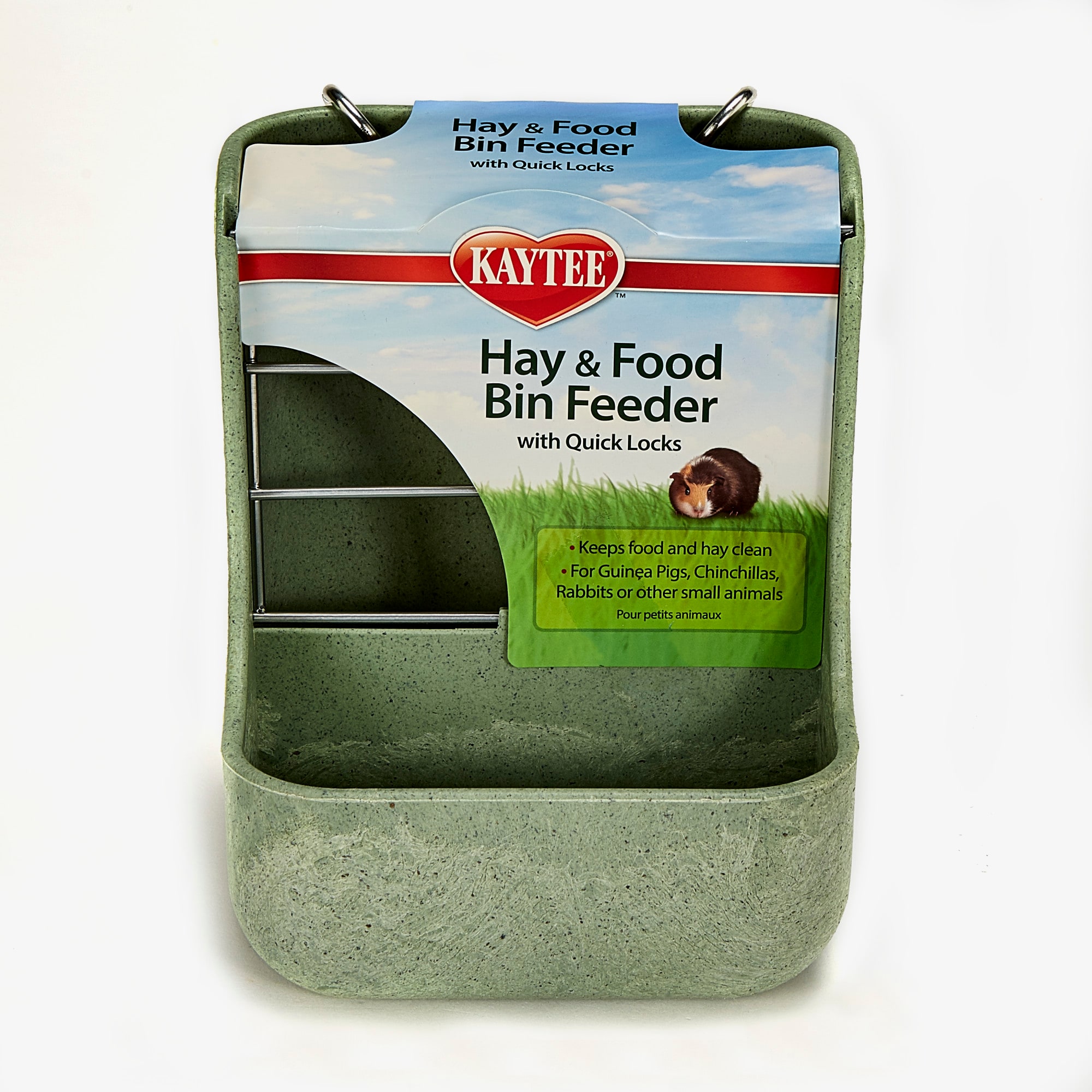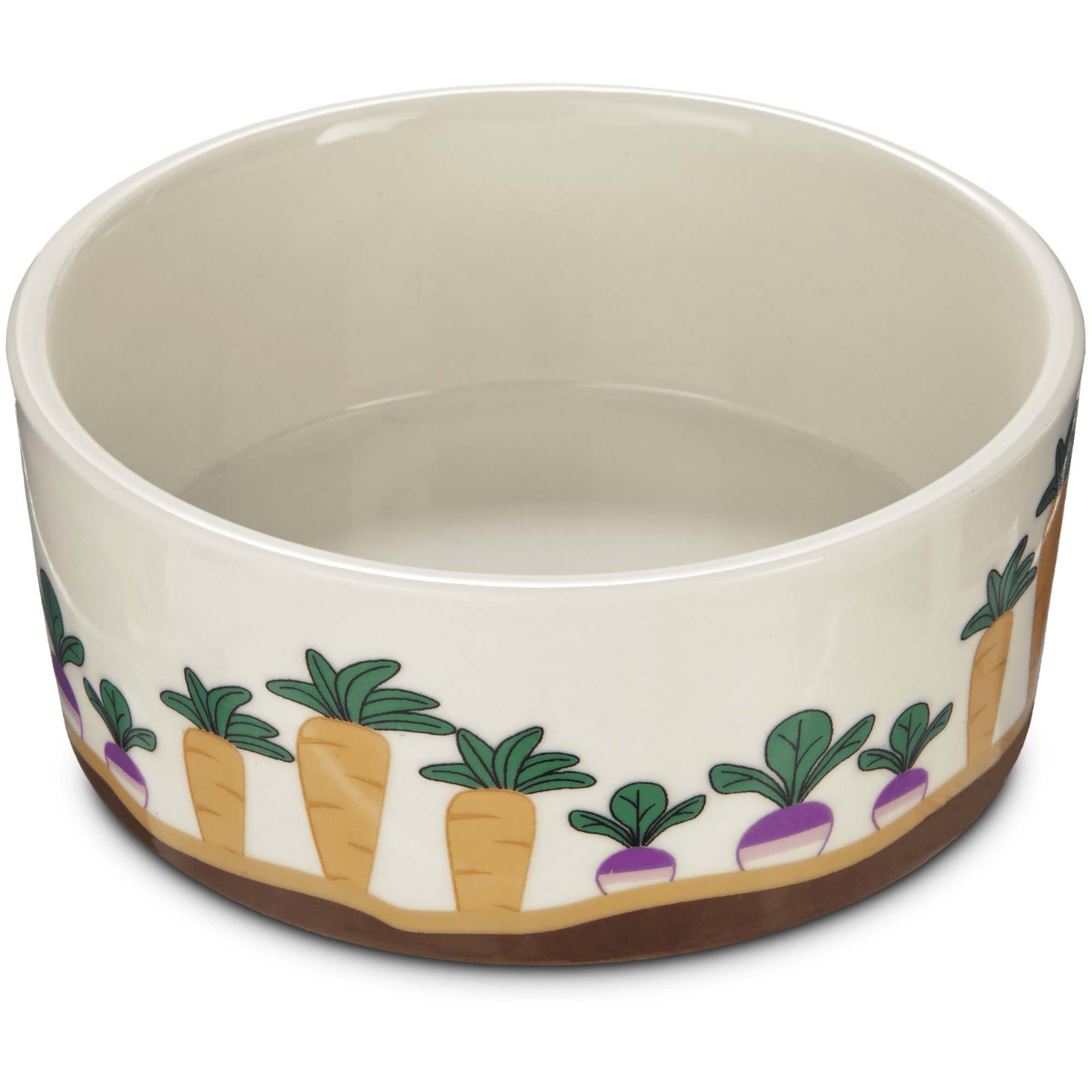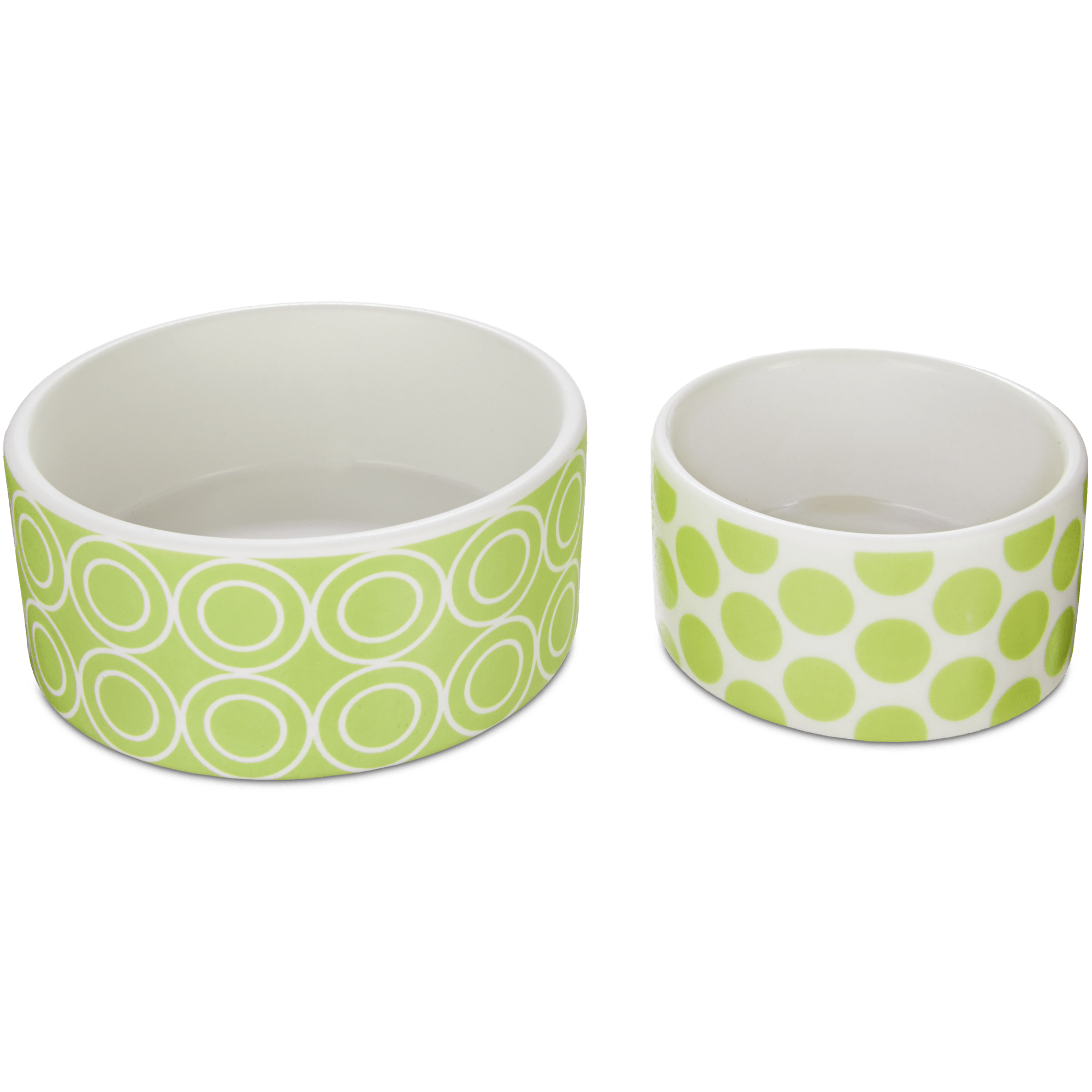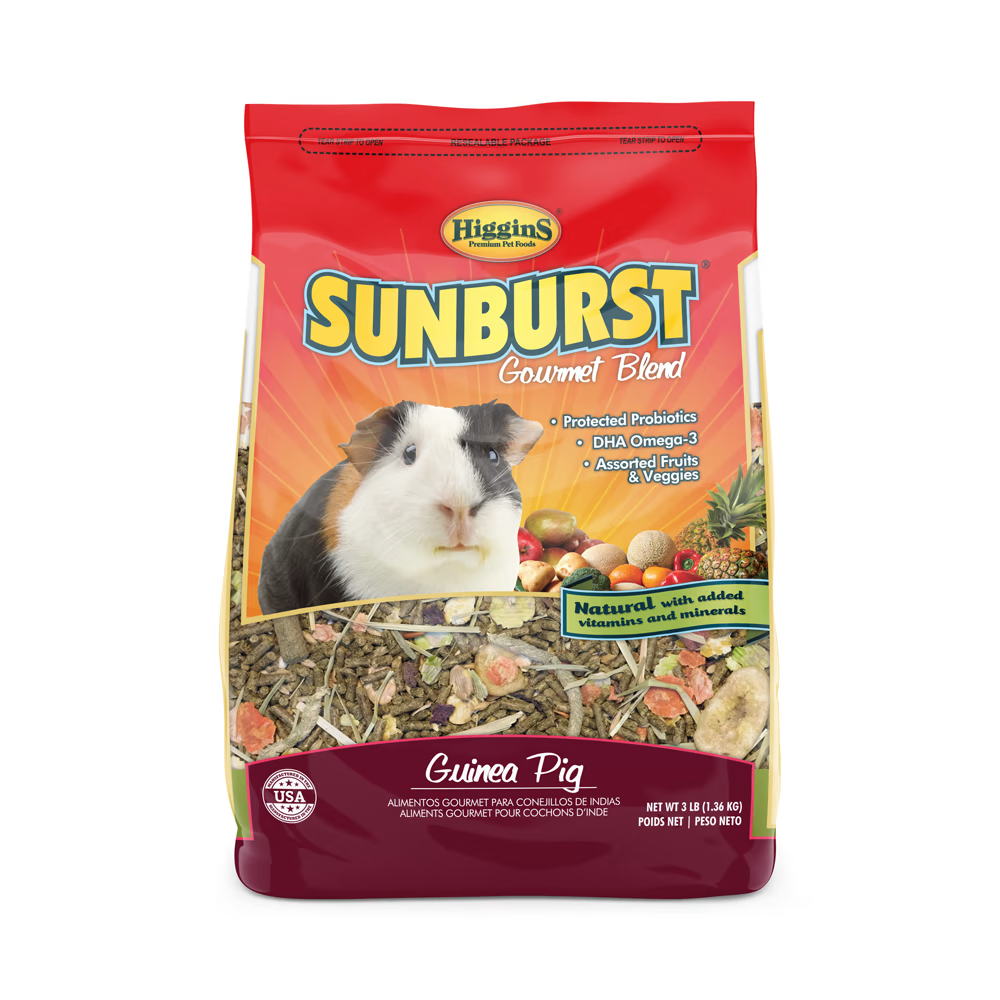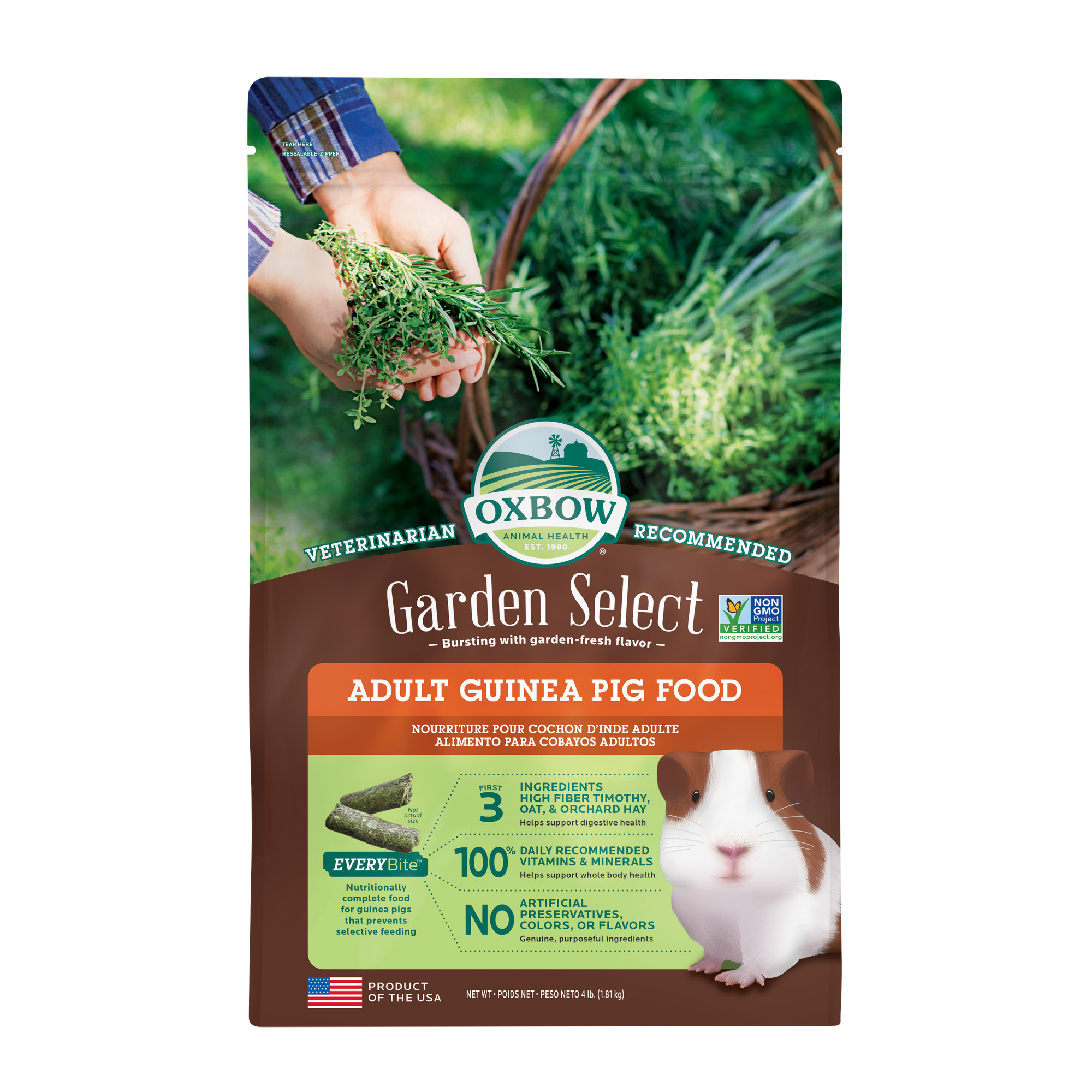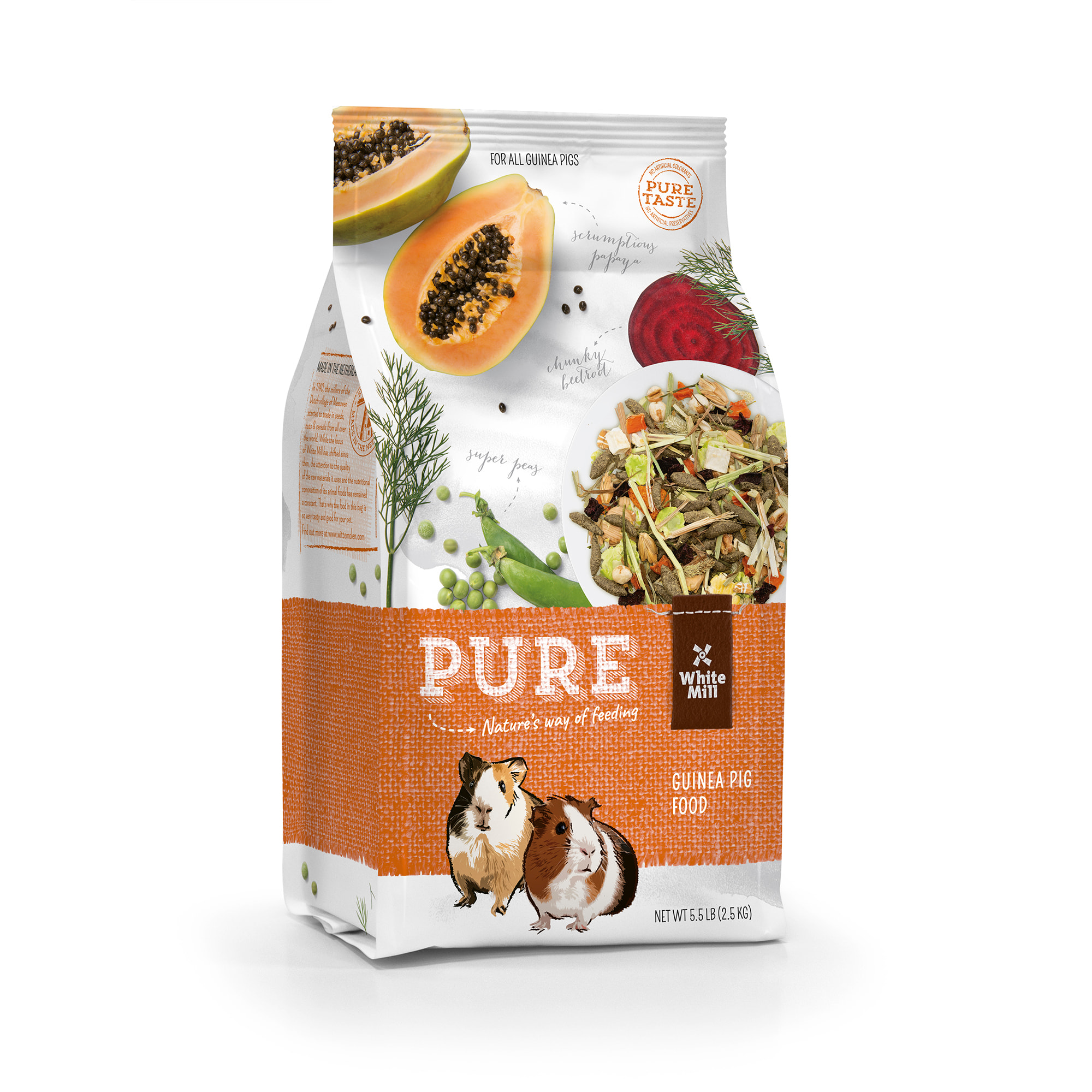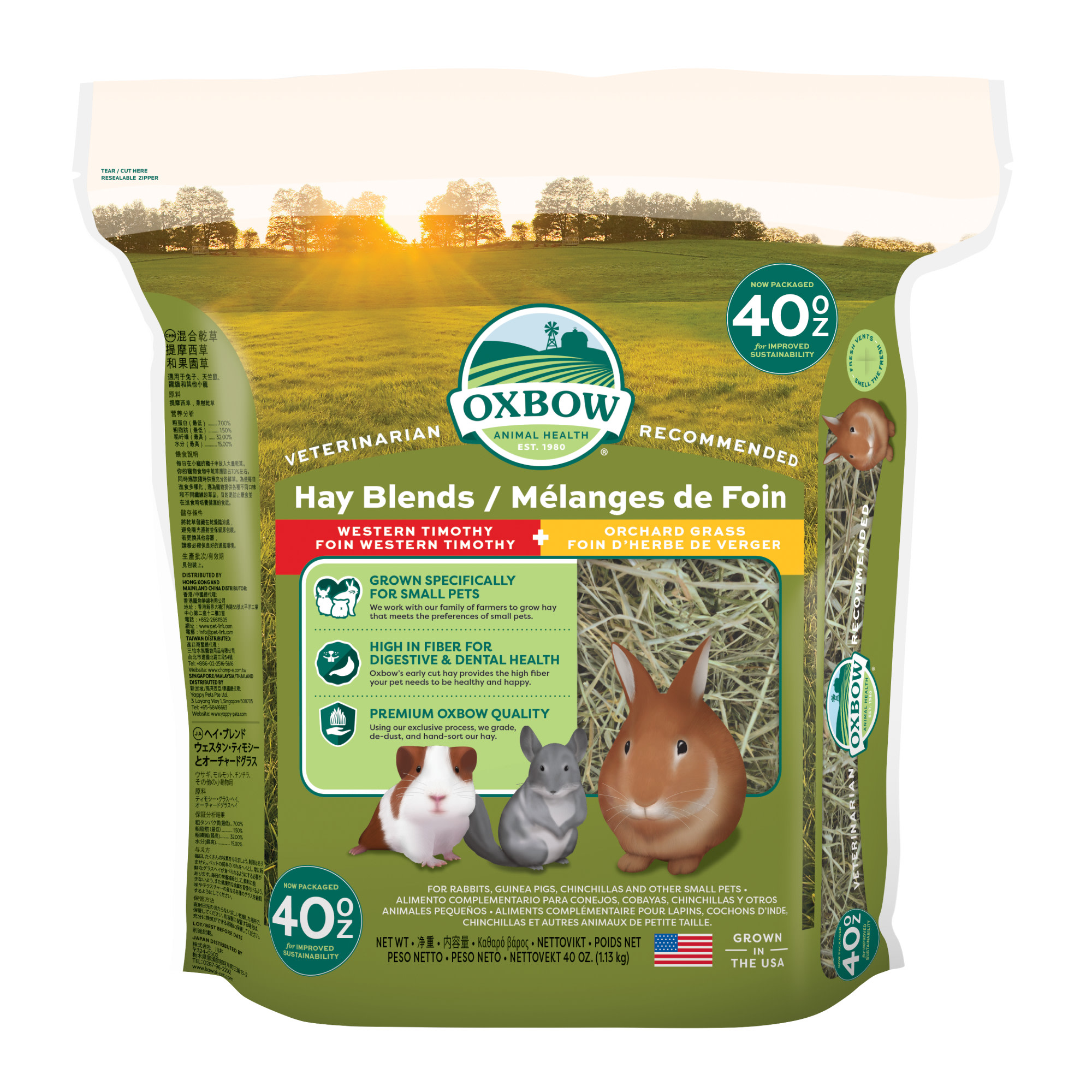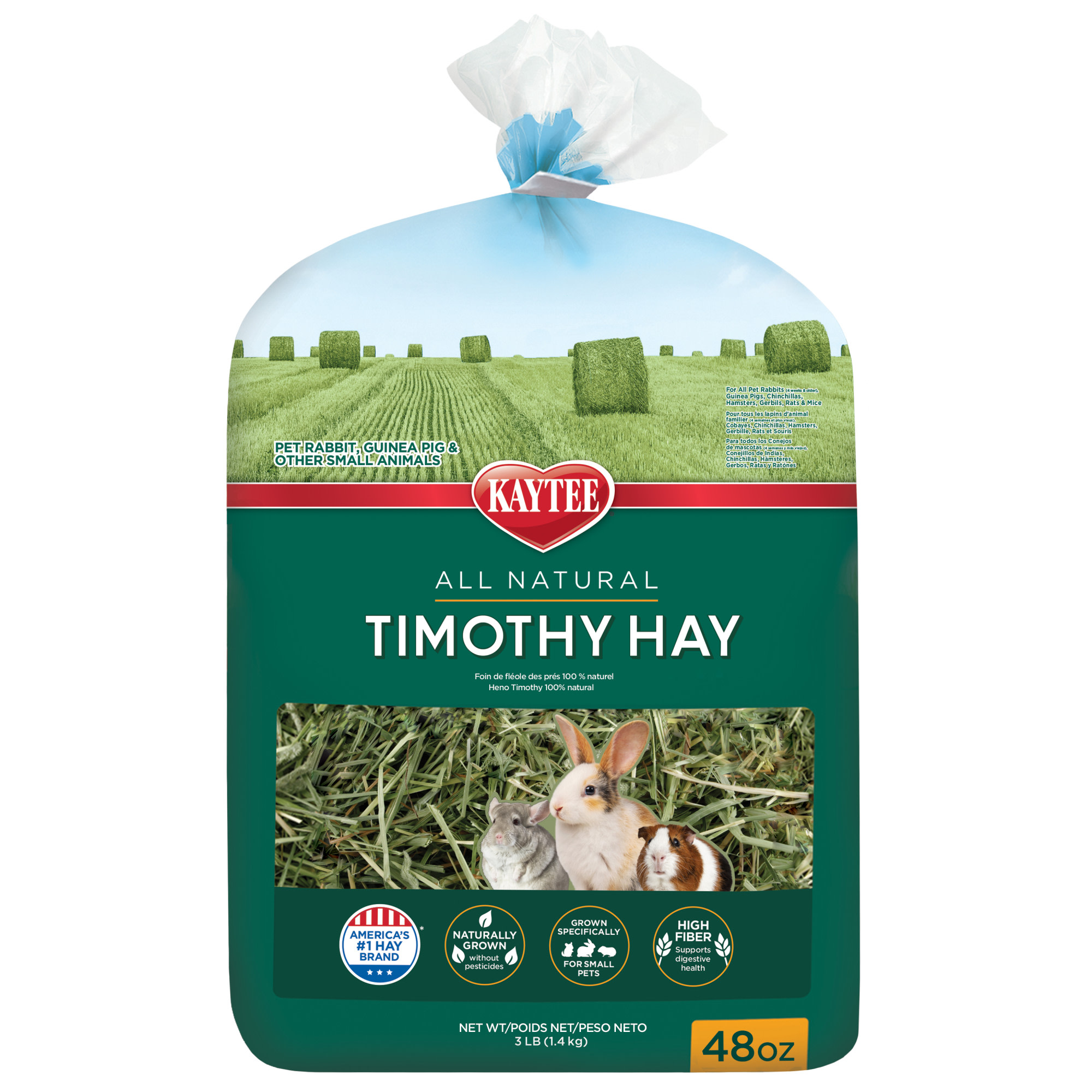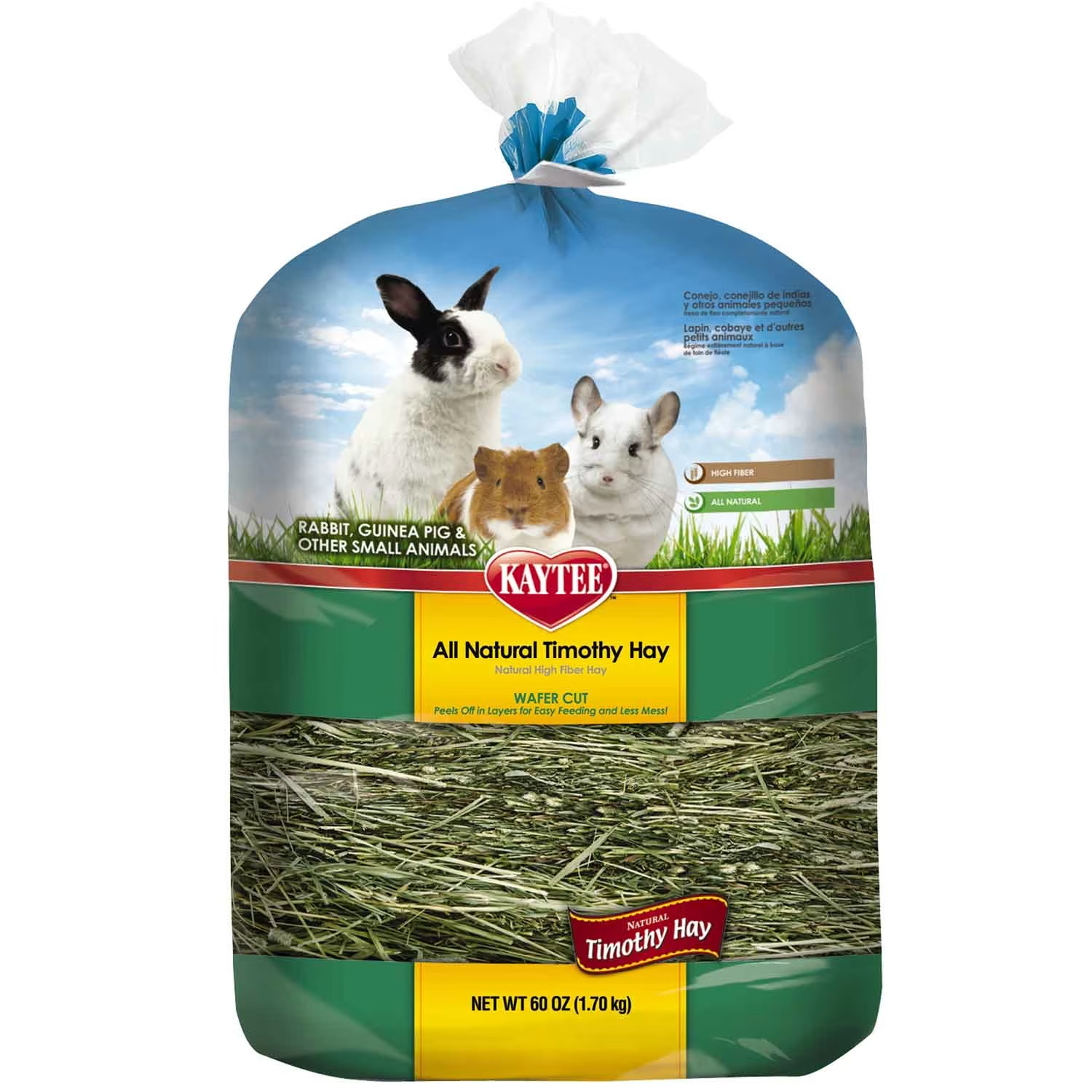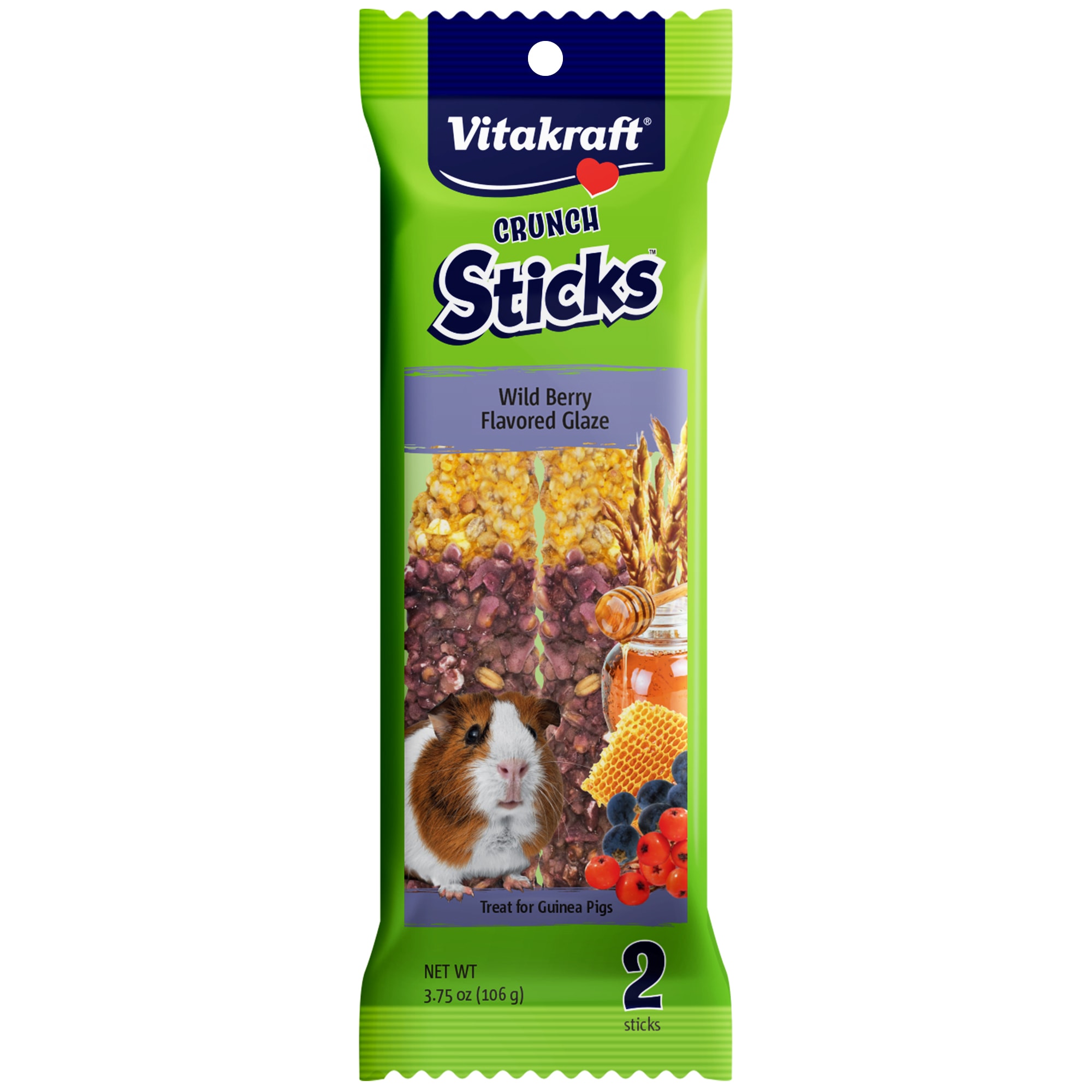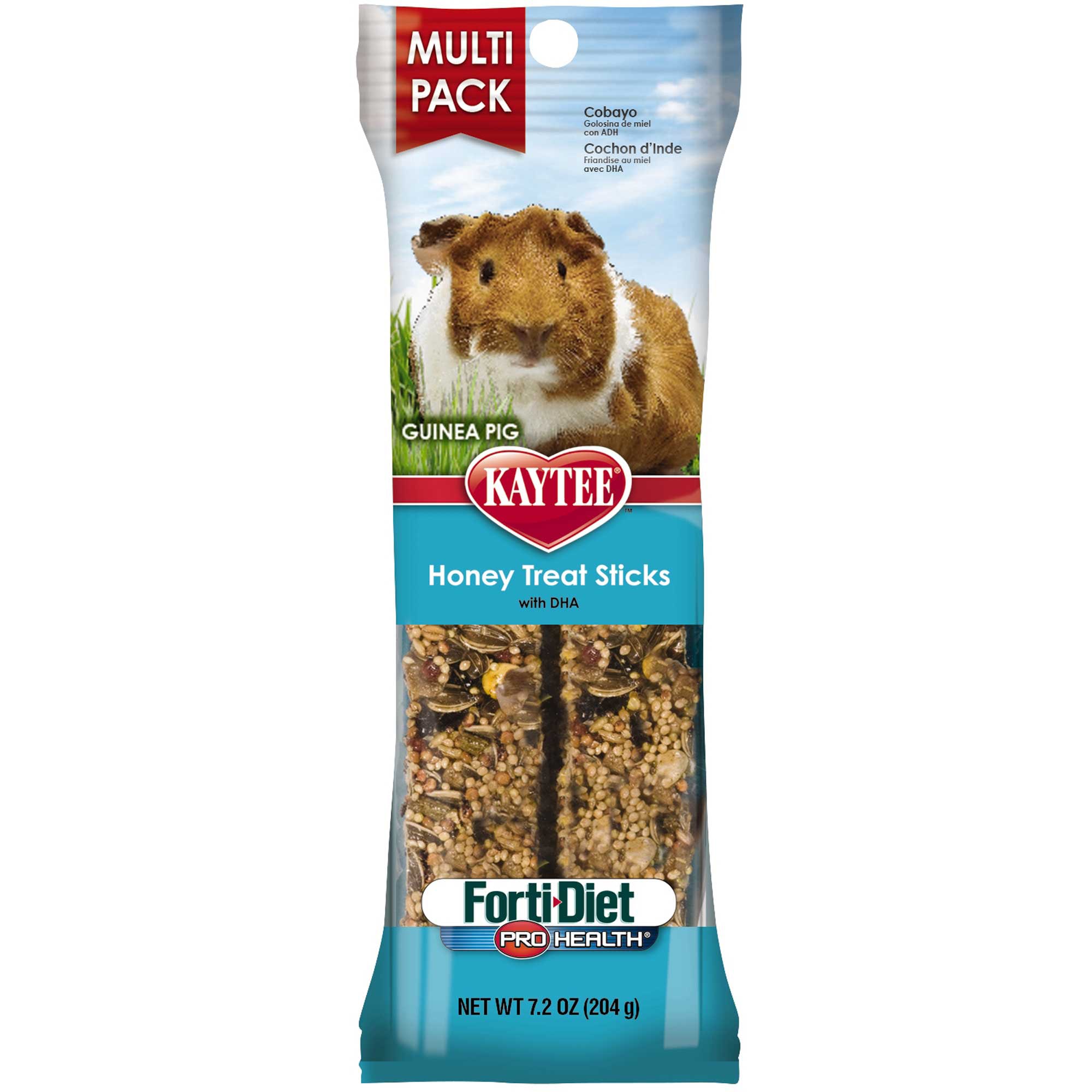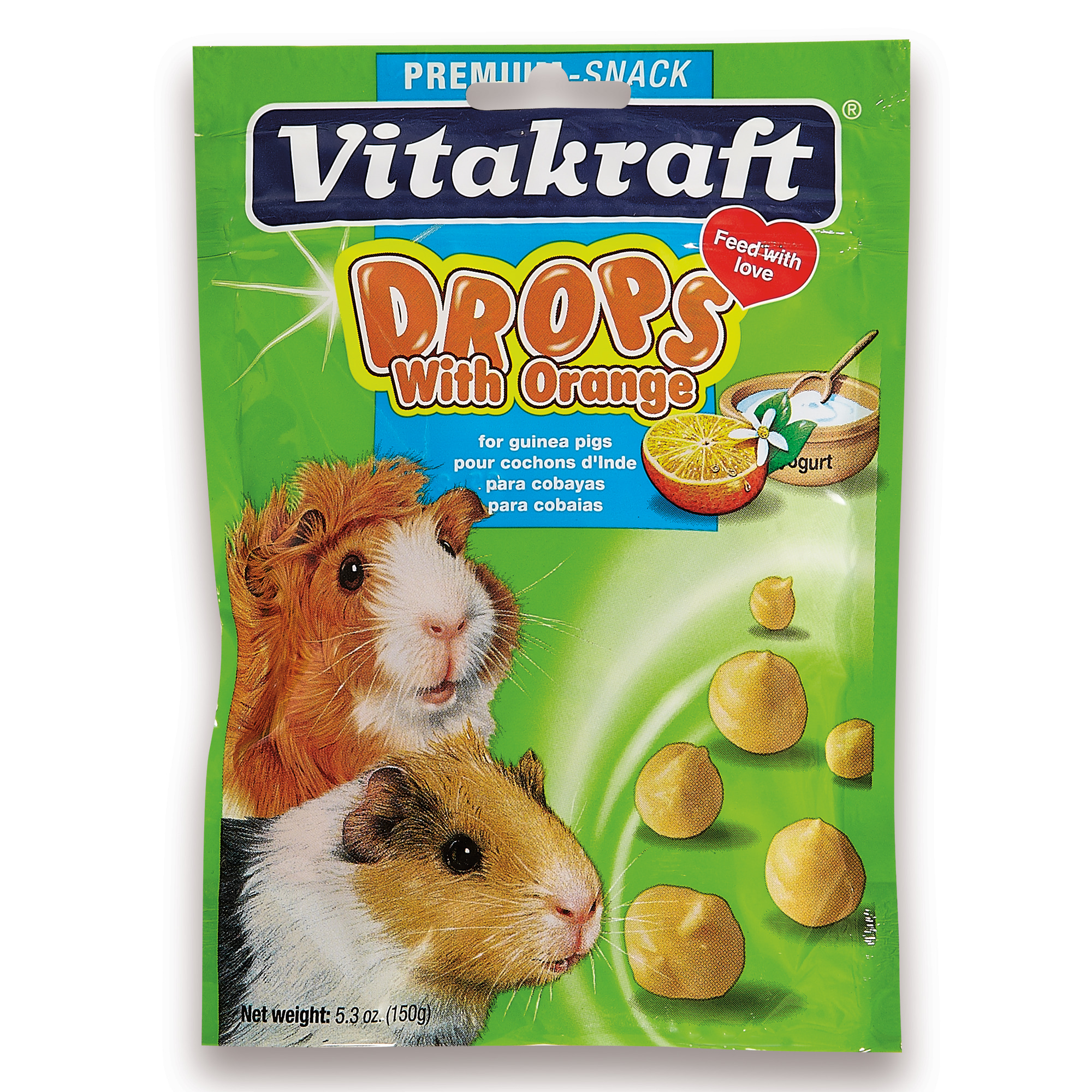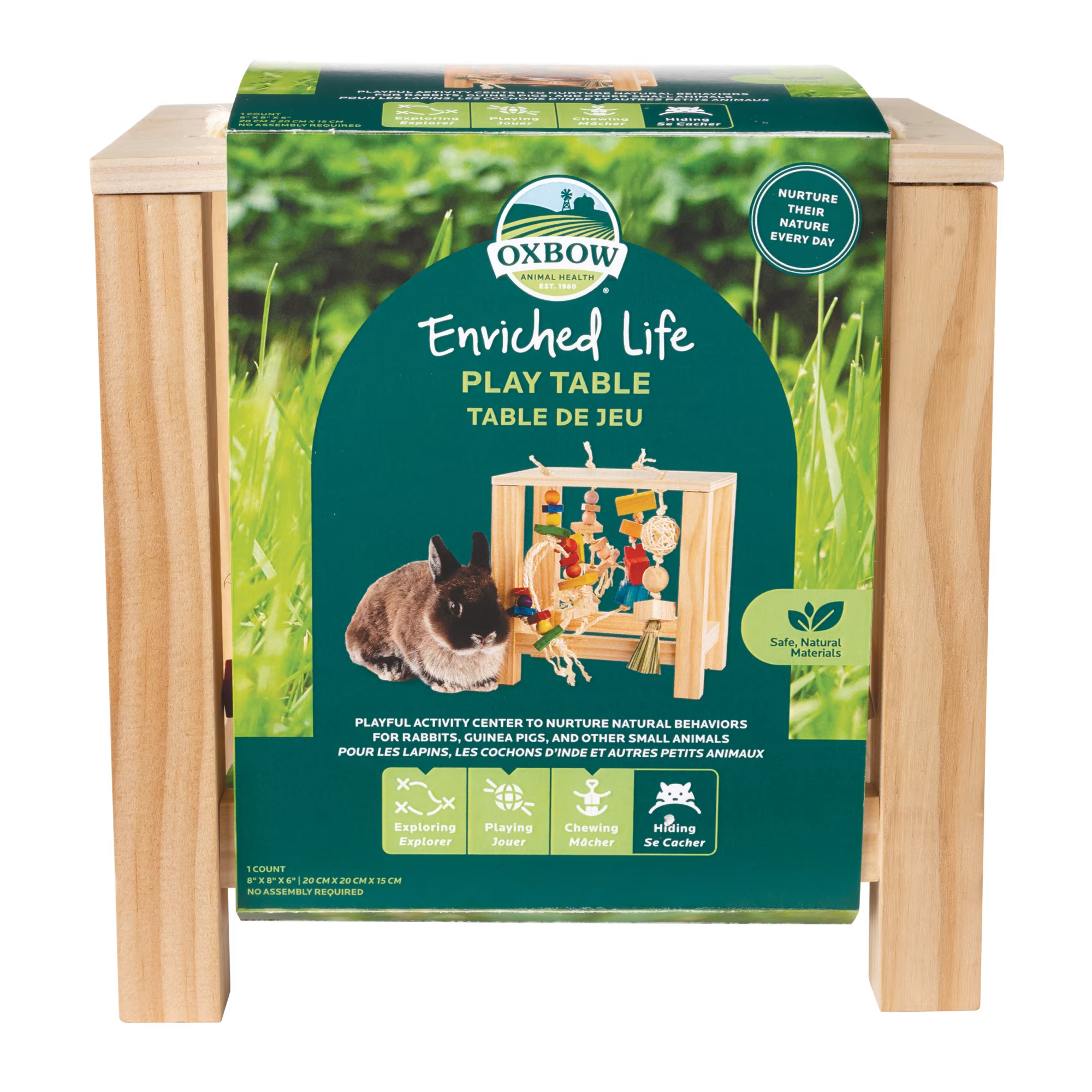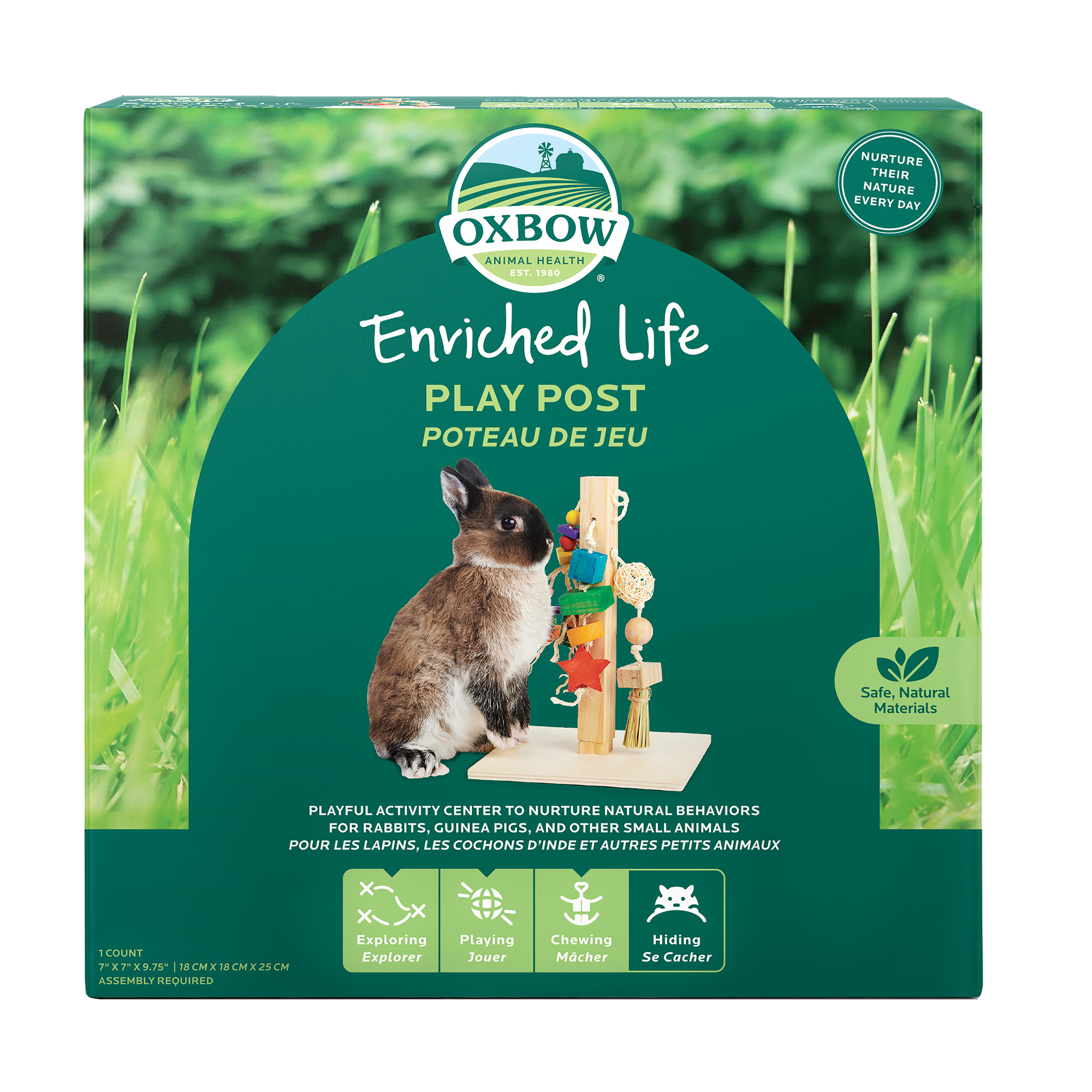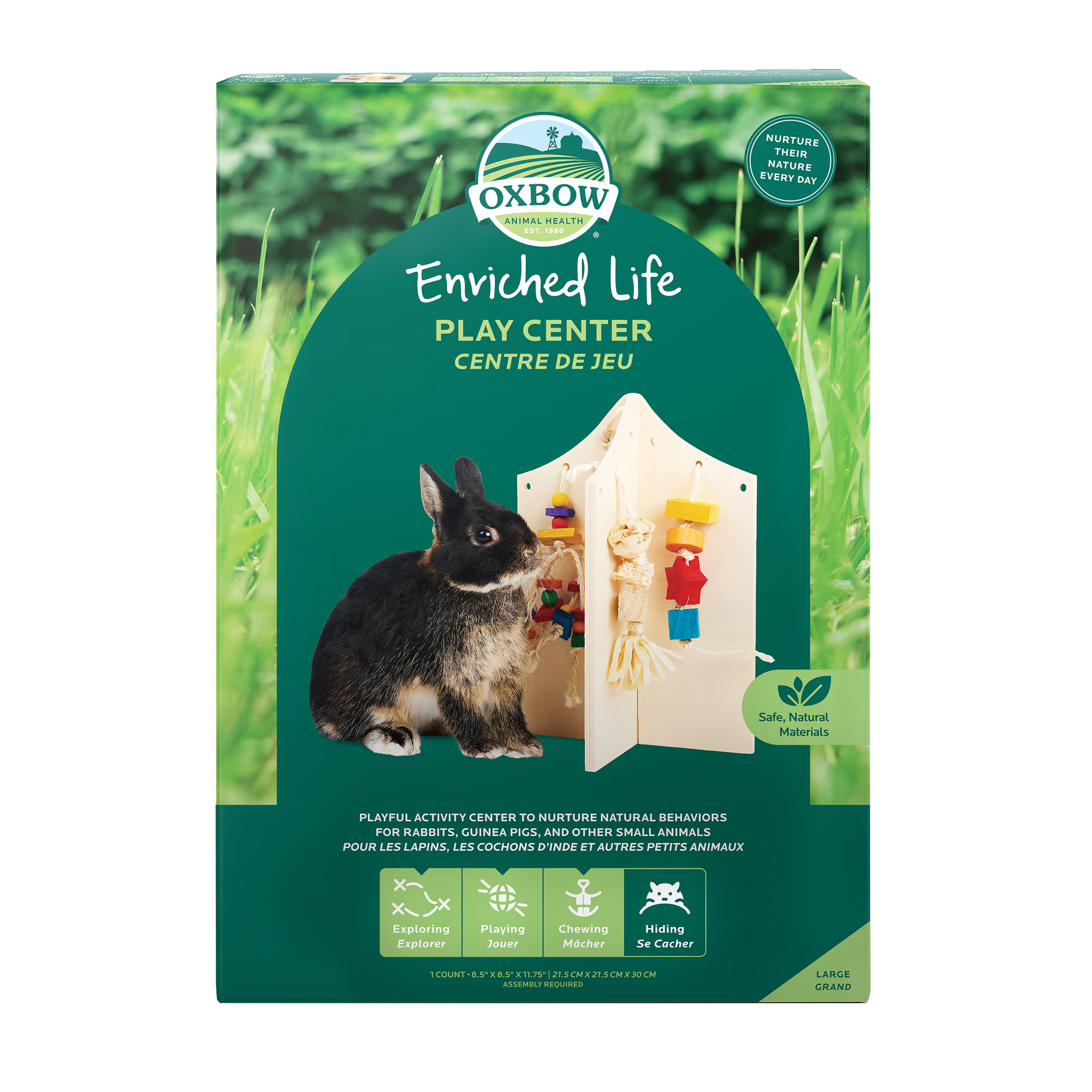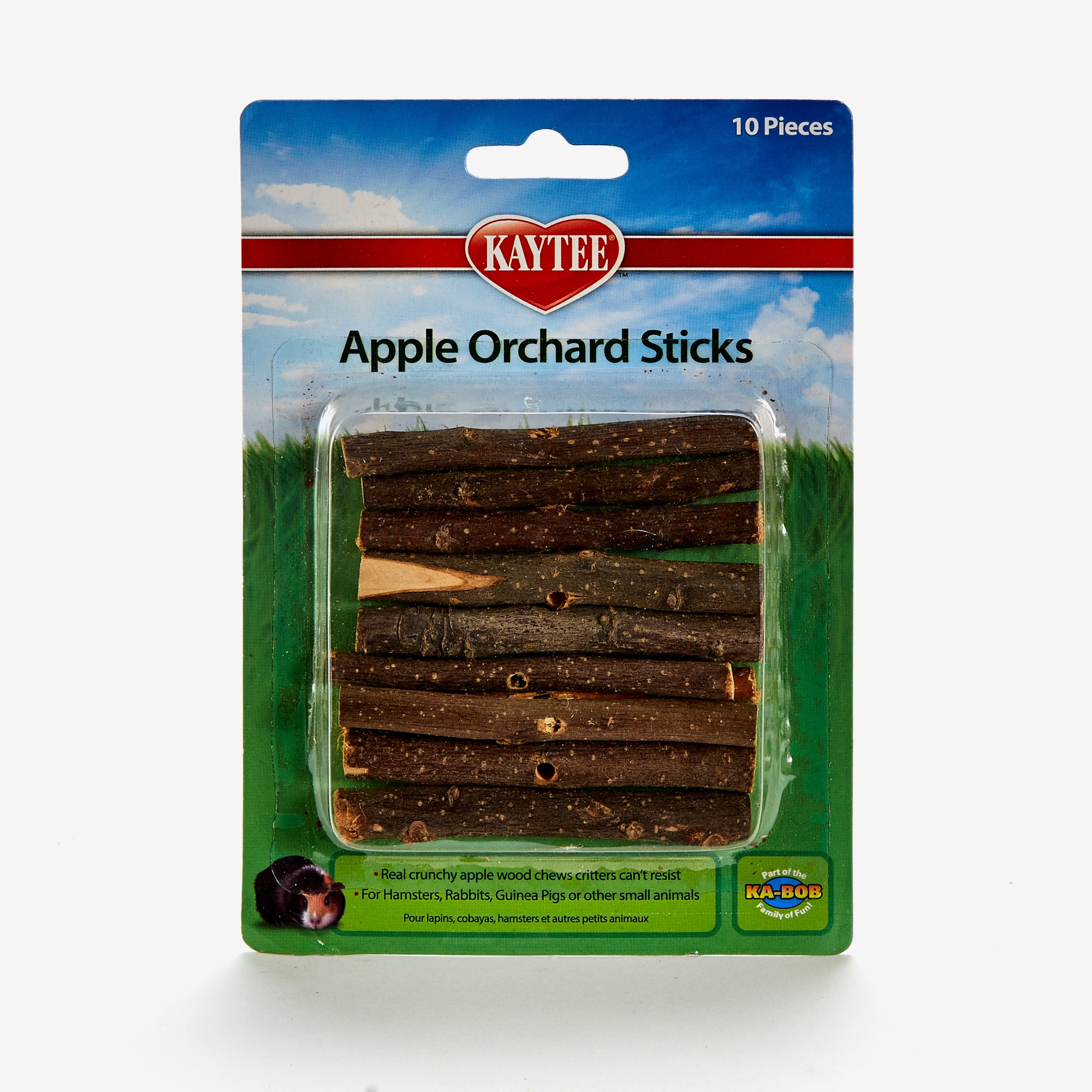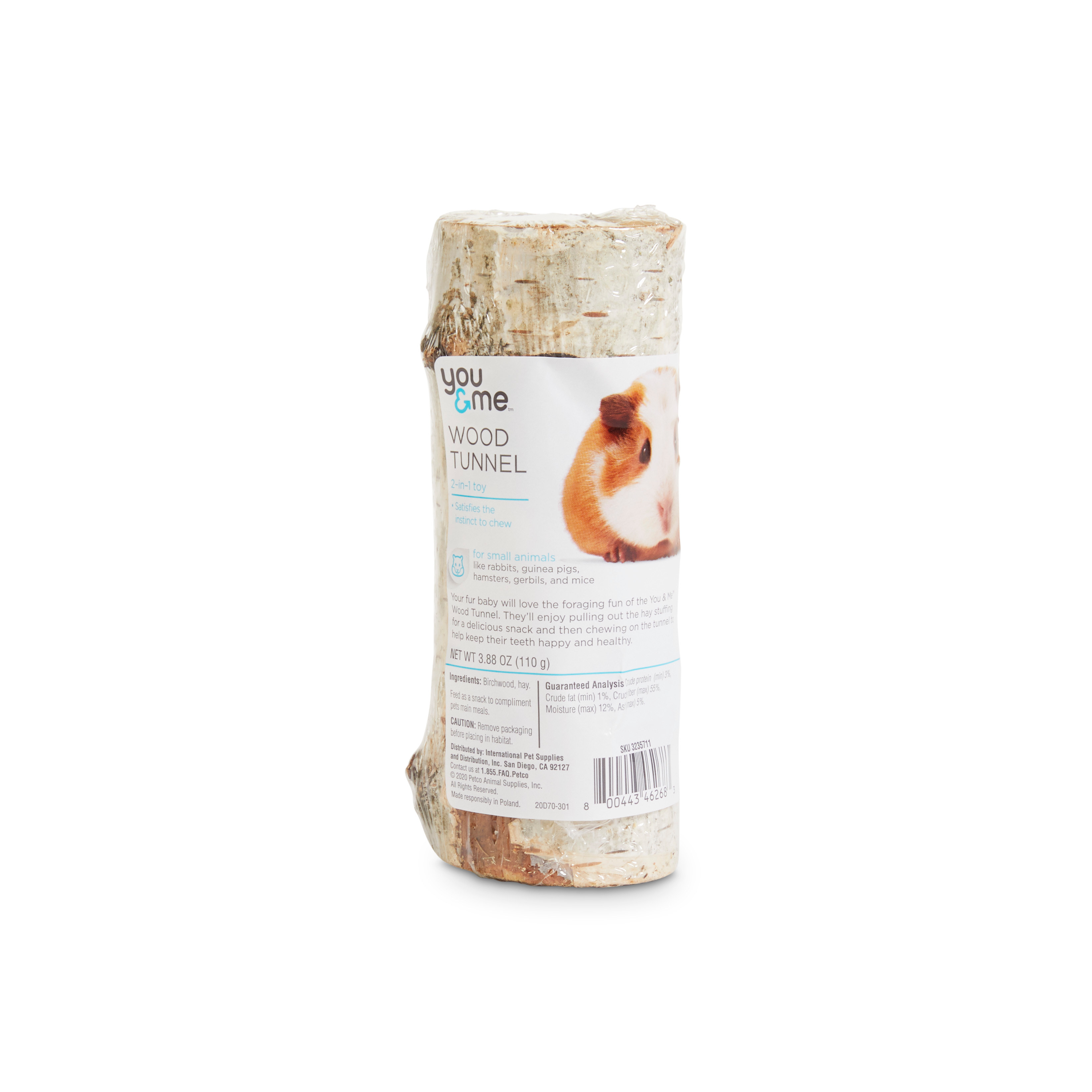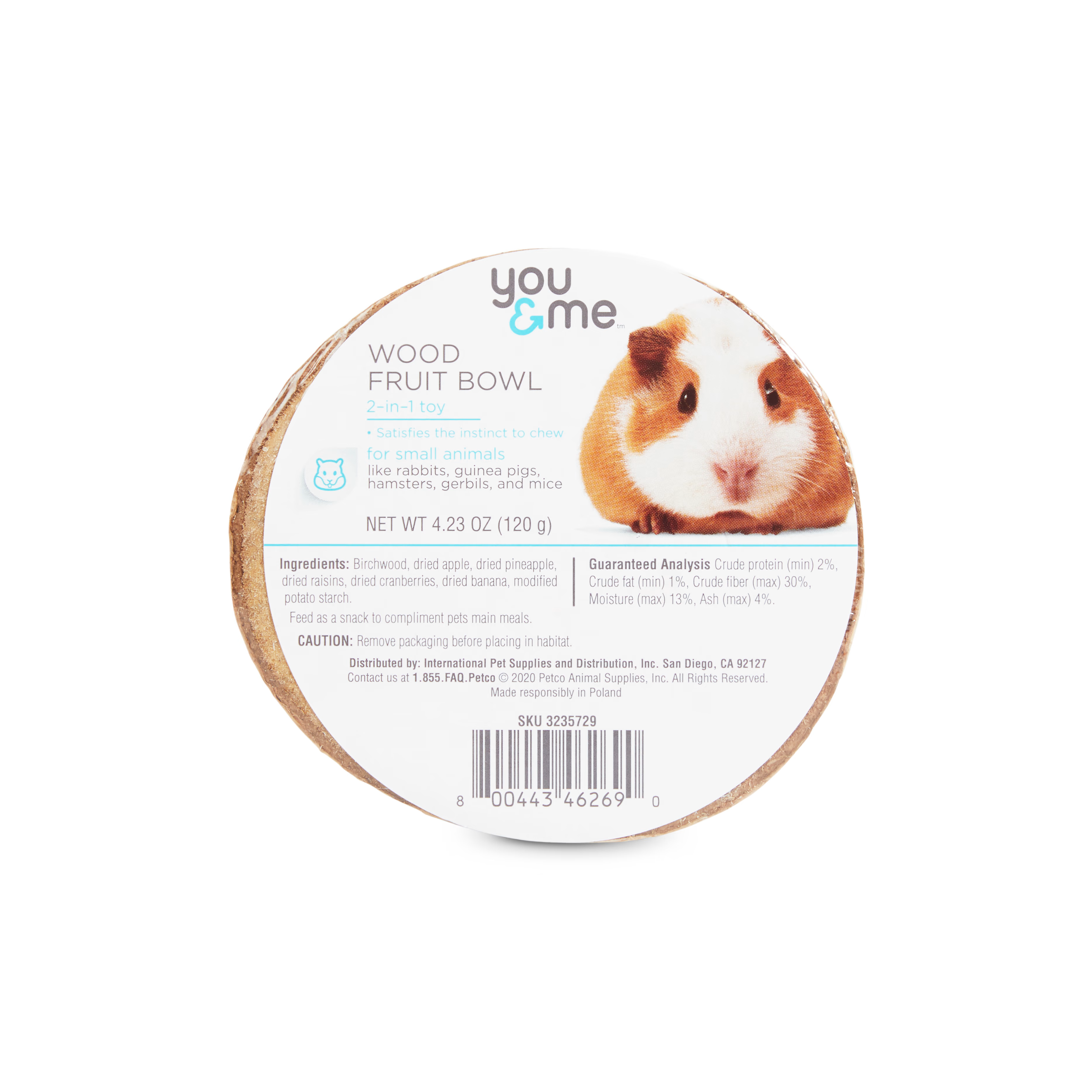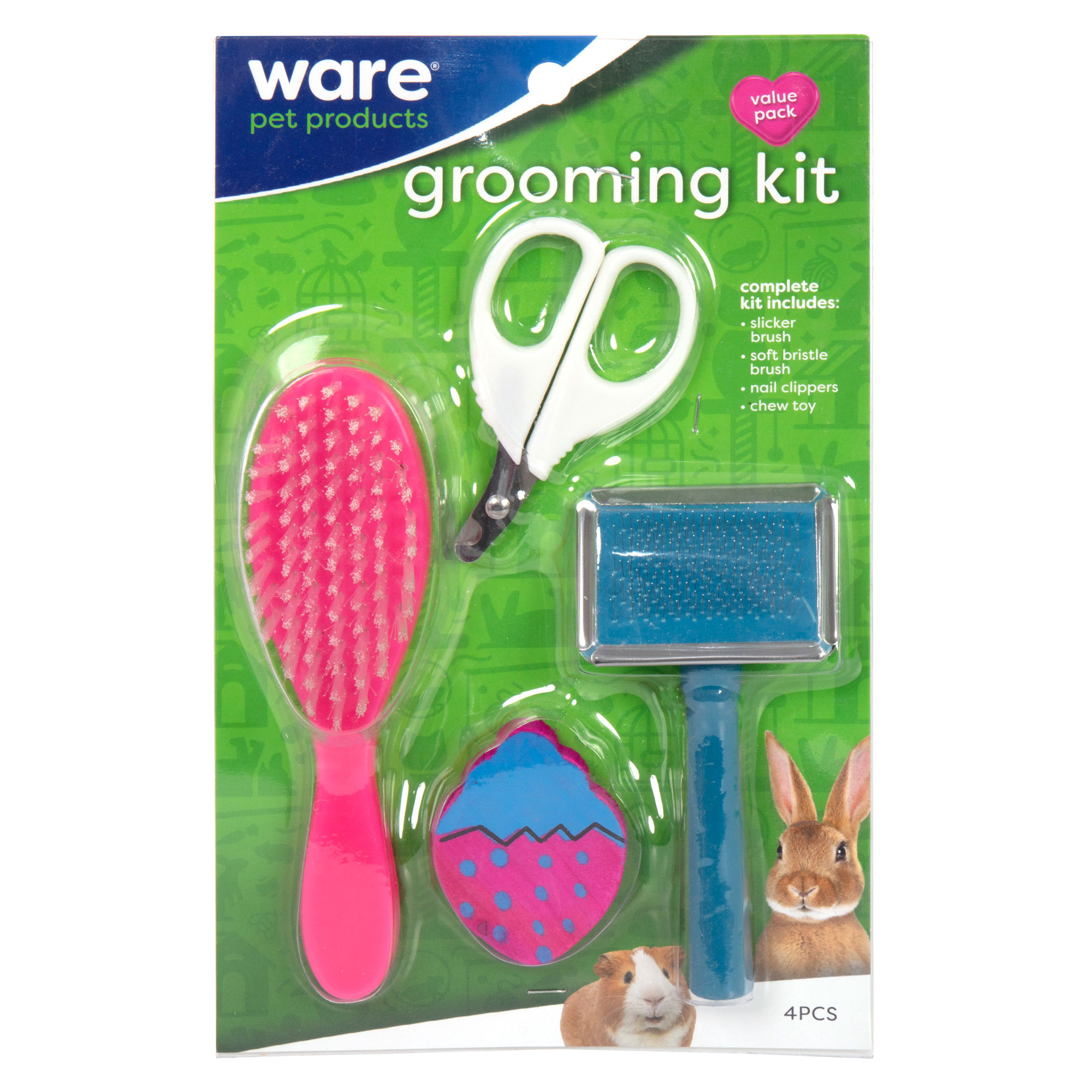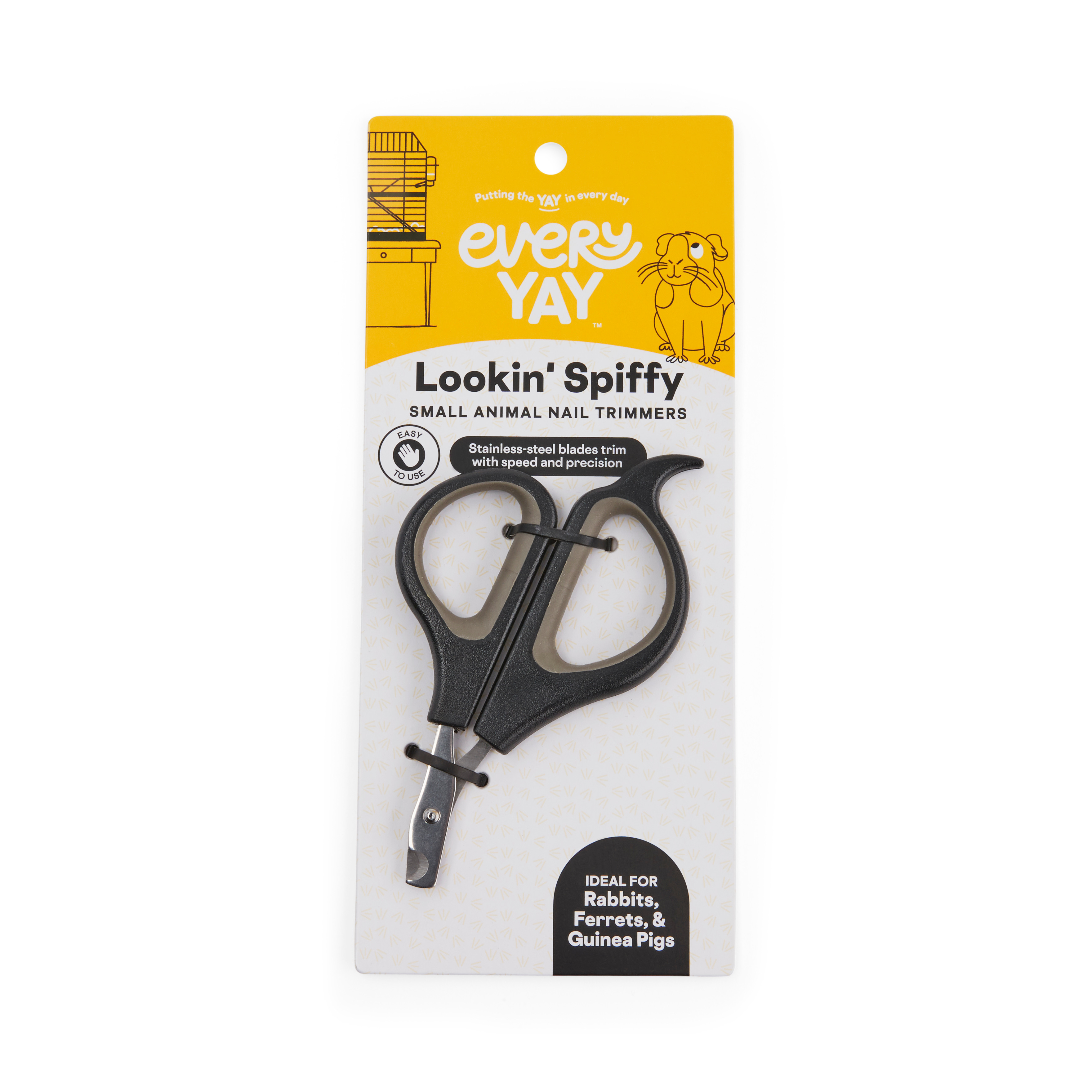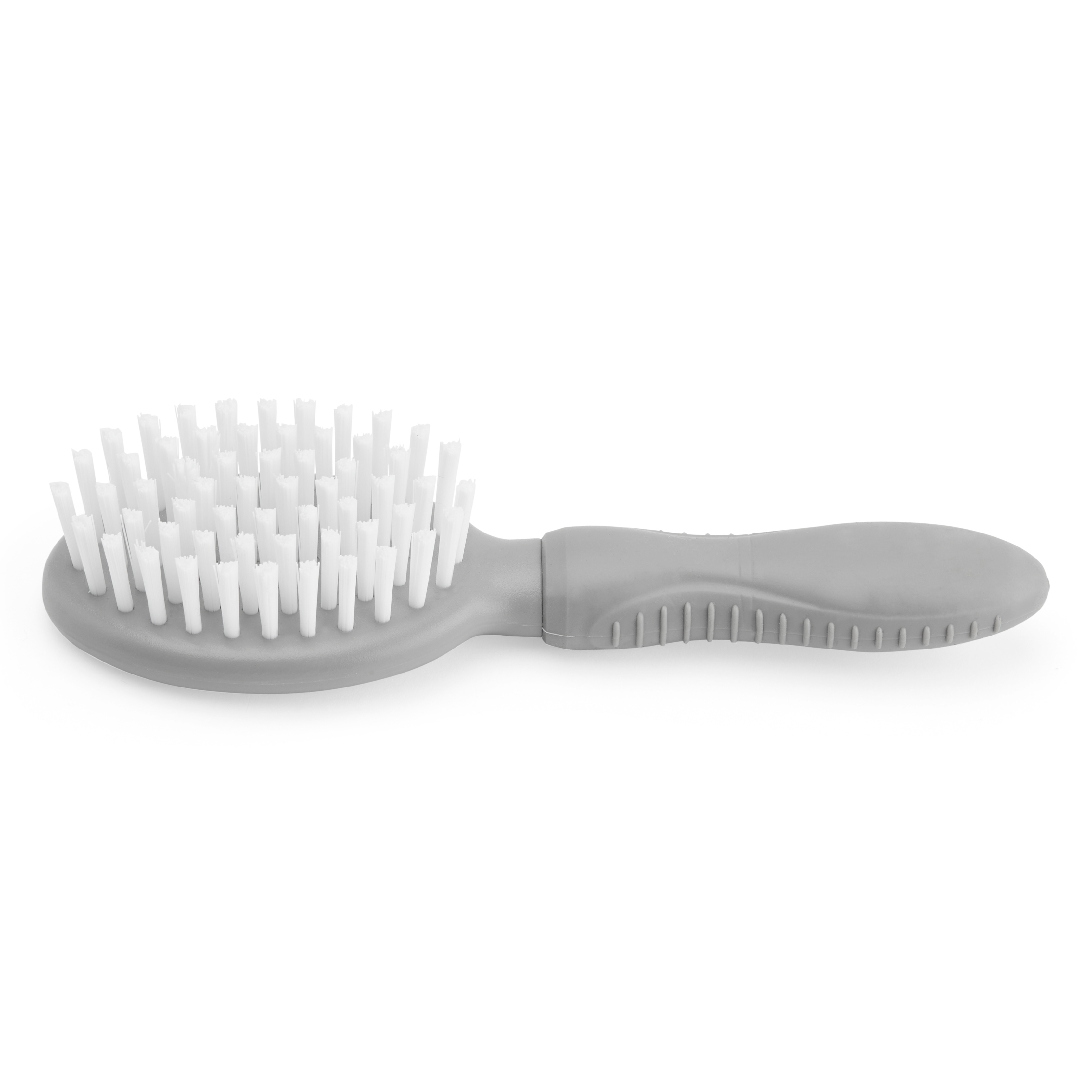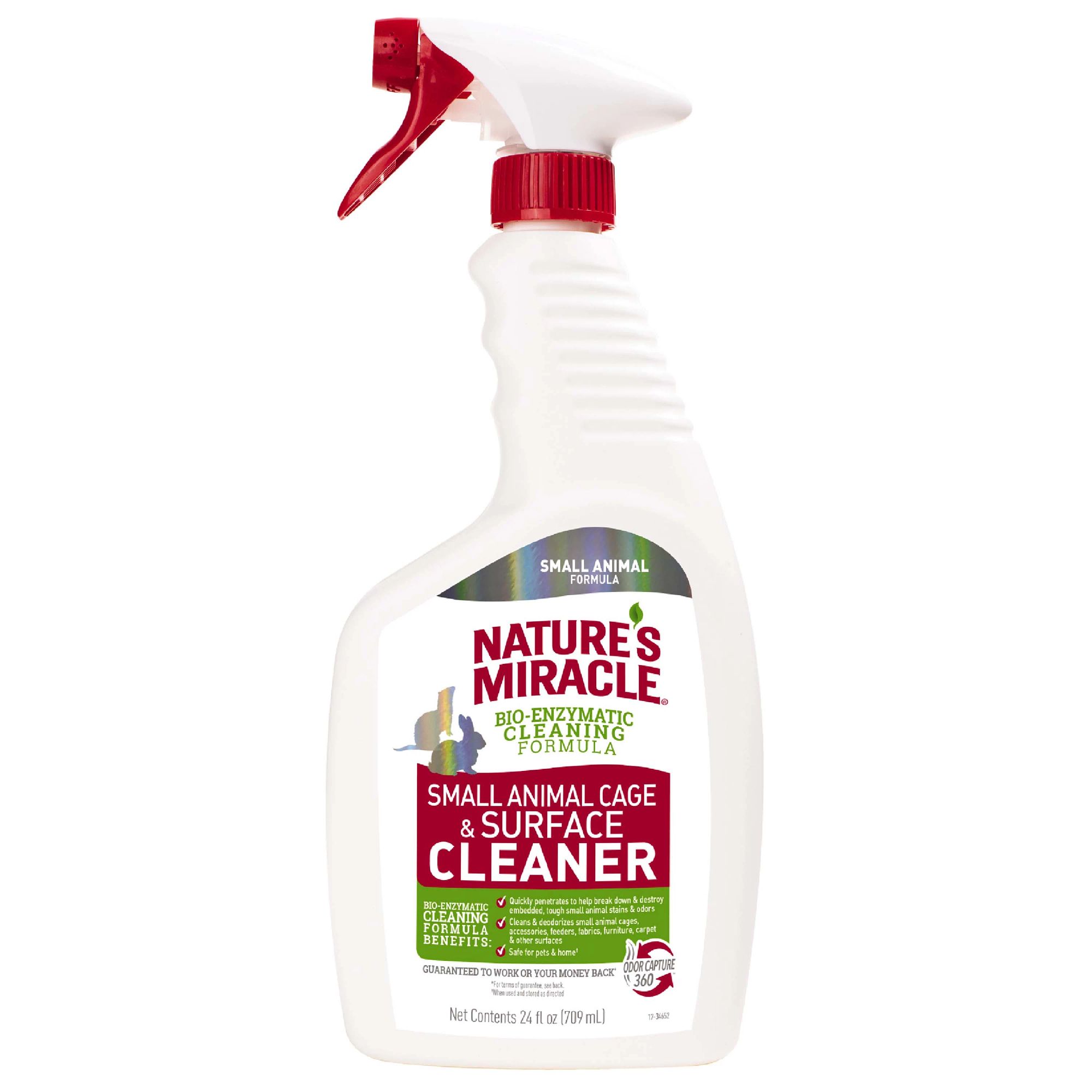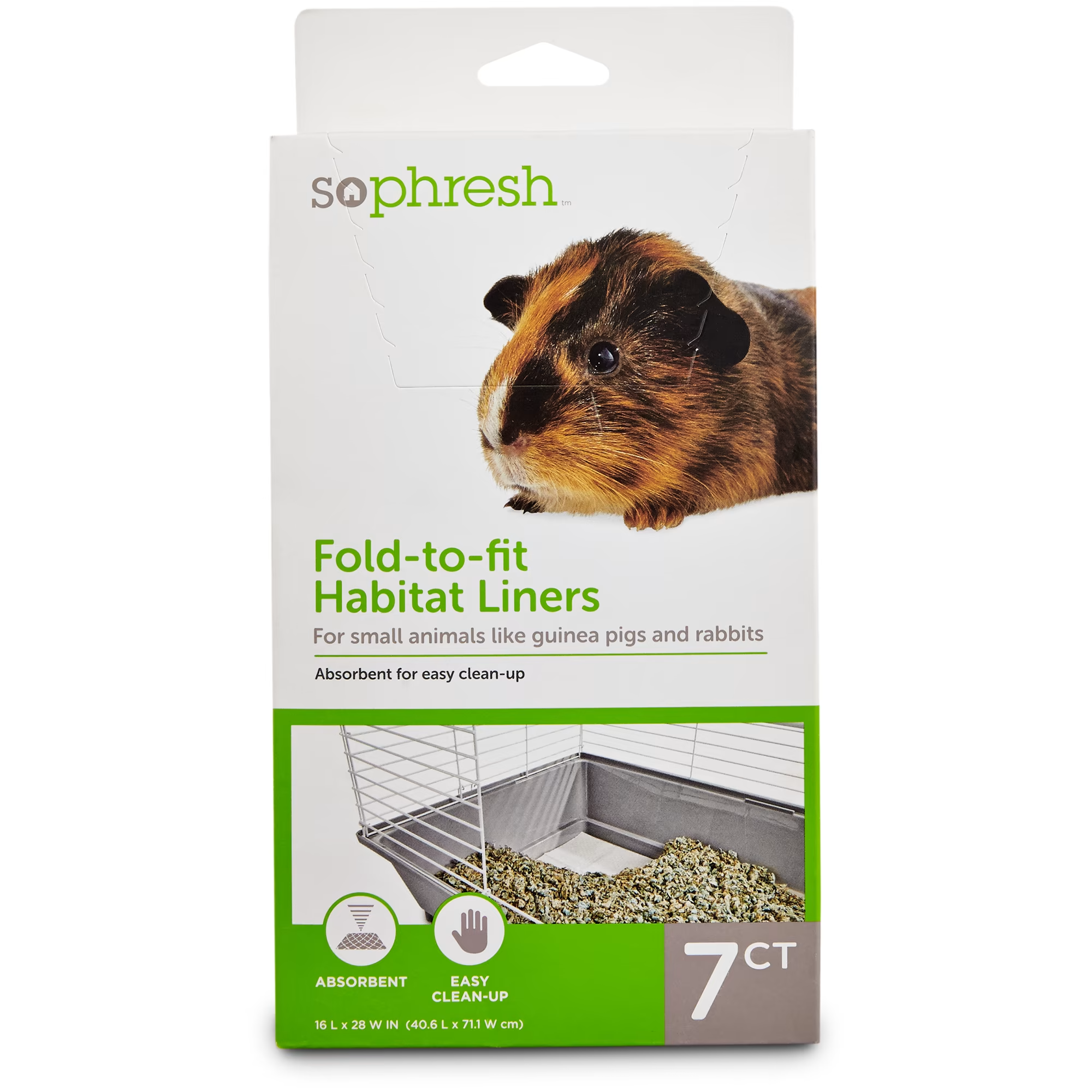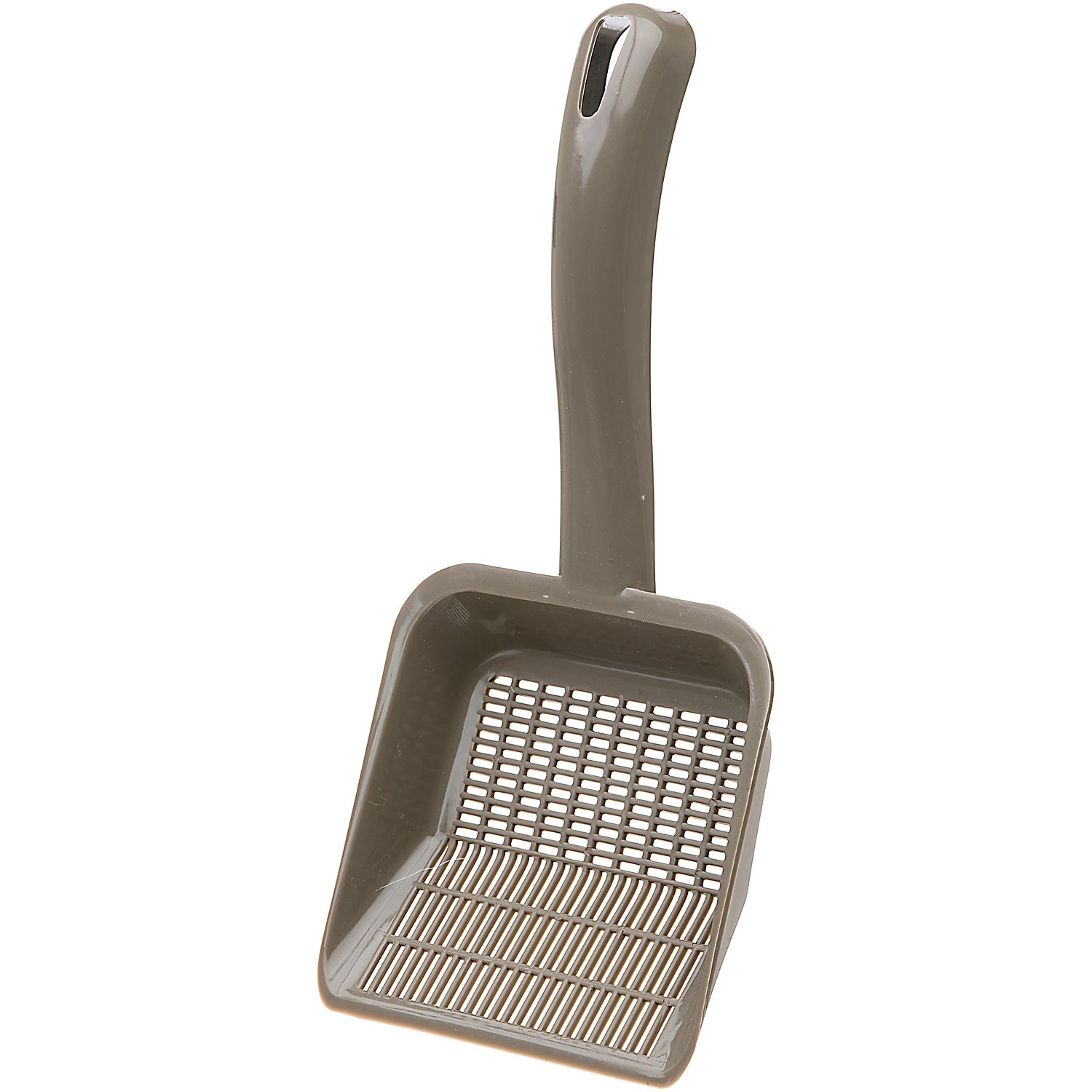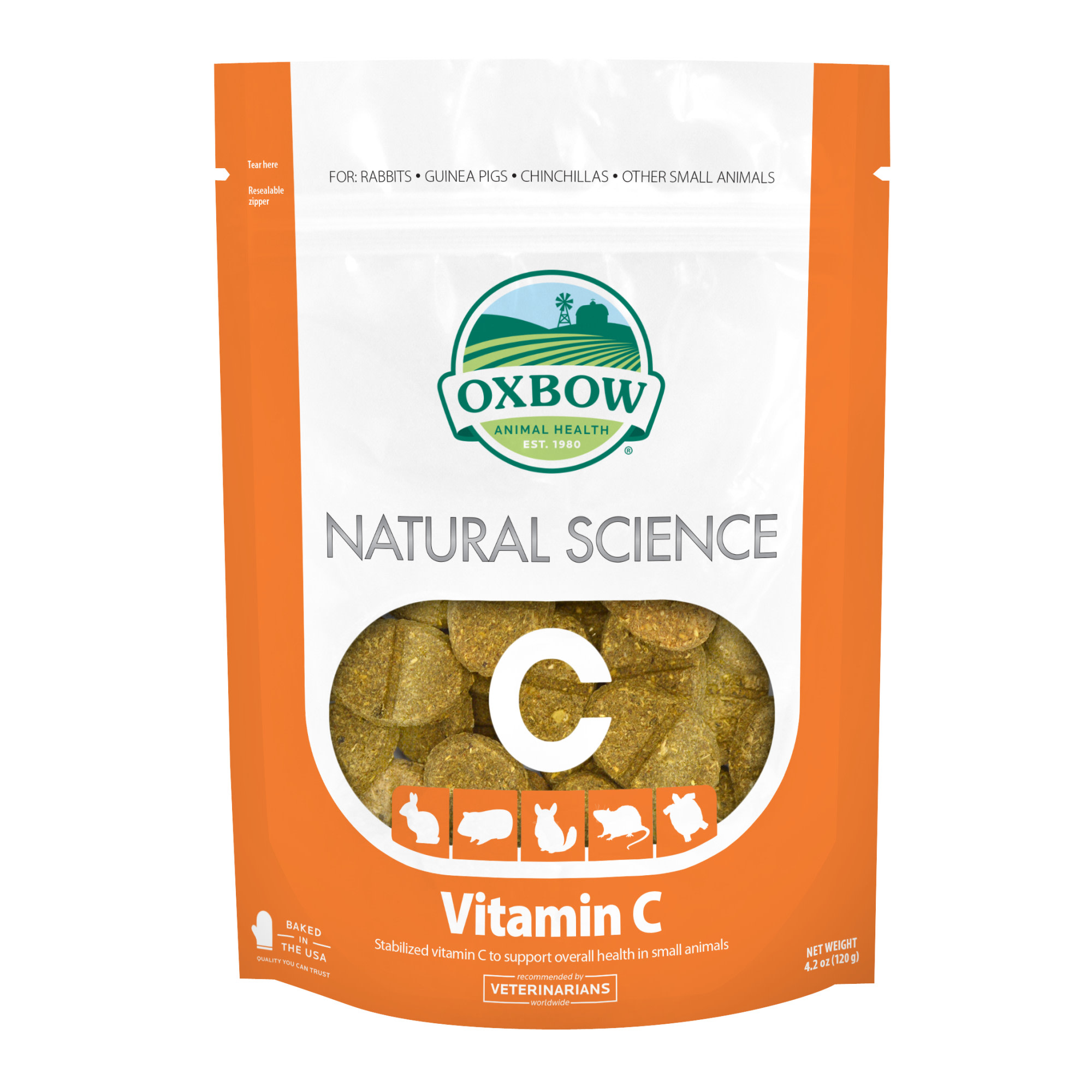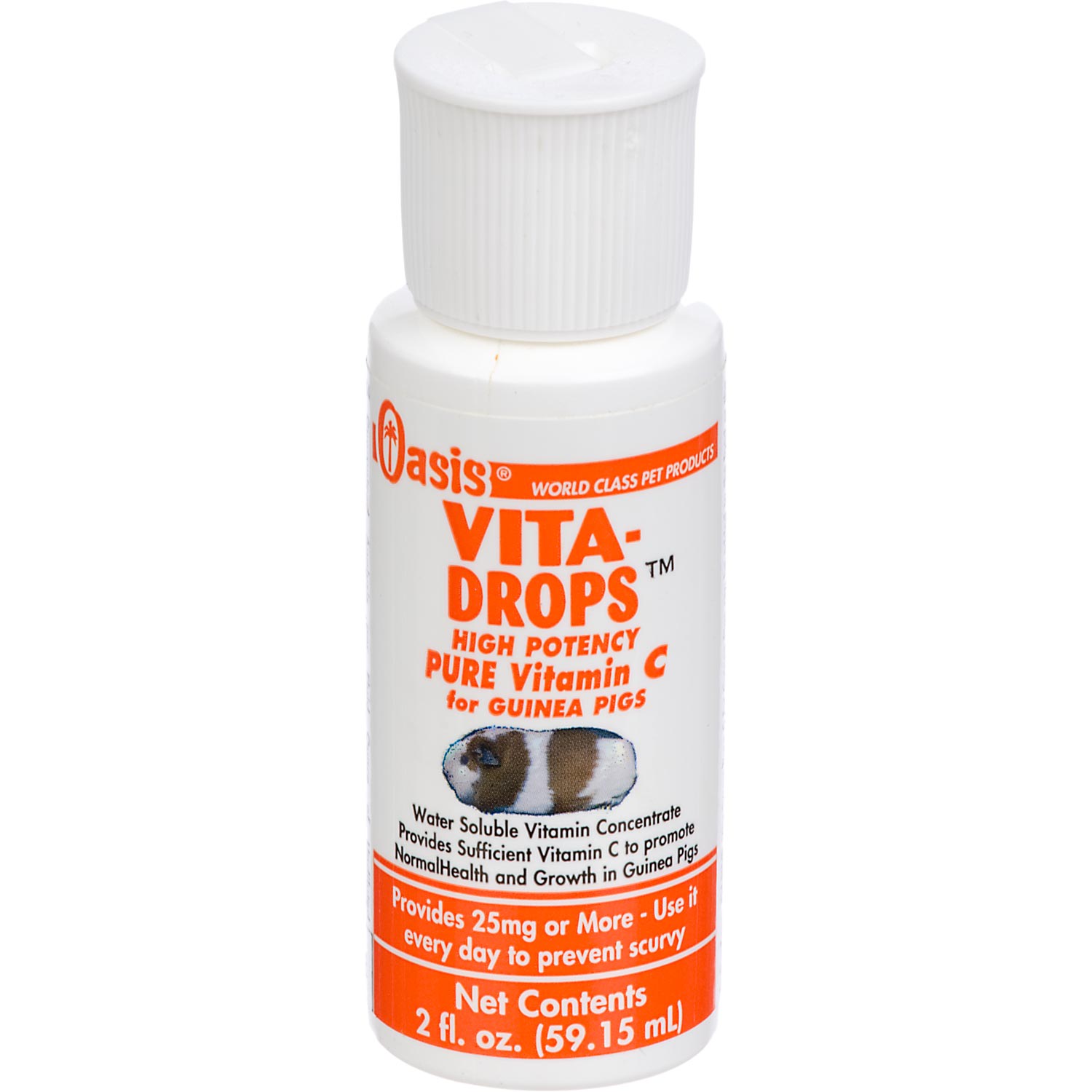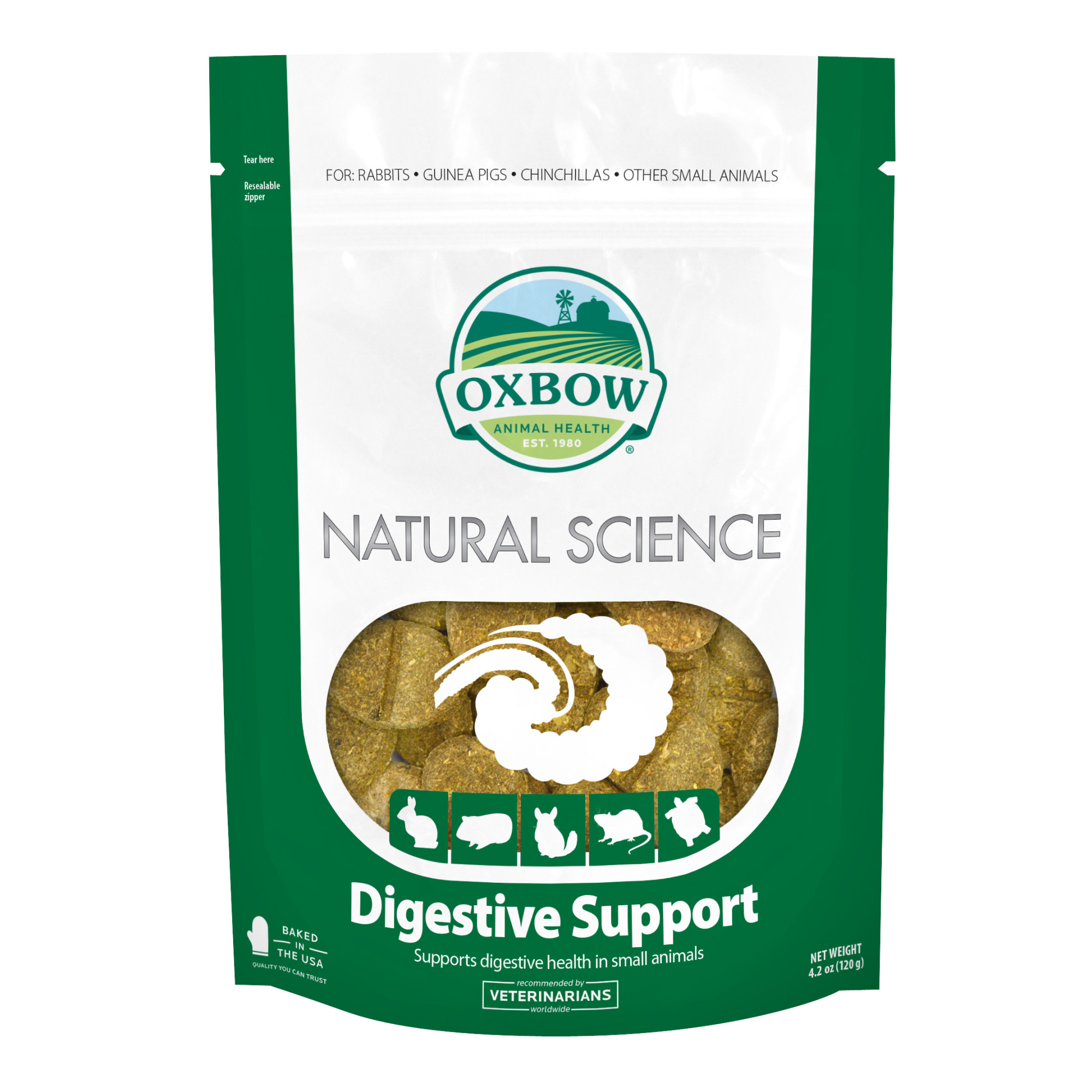The Petco NEW GUINEA PIG Guide
We’ll help you navigate pet parenthood with helpful tips, expert guidance and recommendations for every milestone.
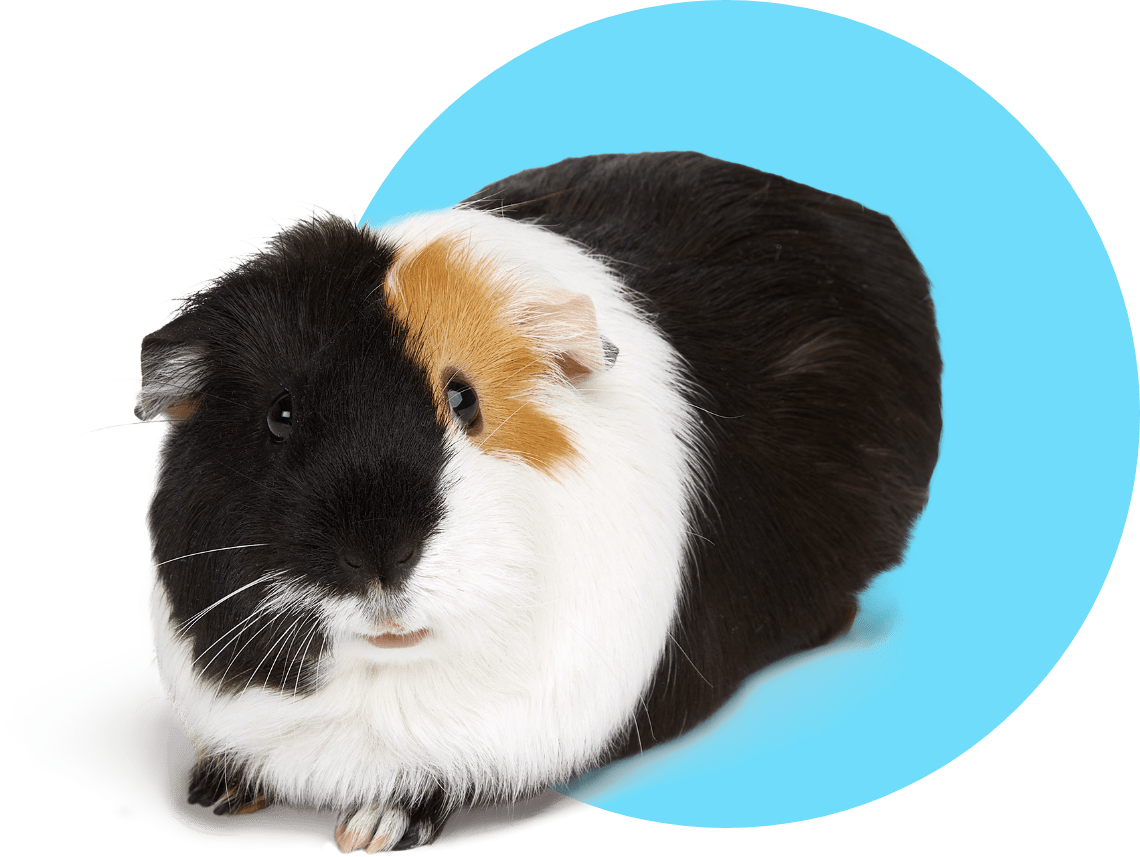

1. SETTING UP THE PERFECT HOME
Fill your space with supplies and essentials before your guinea pig arrives to help them feel comfortable and safe from the start.
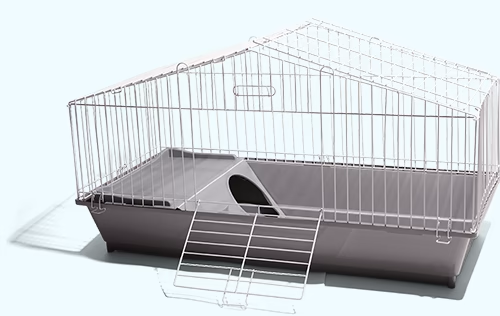
Habitats
Provide the largest possible habitat (minimum 36” L x 30” W x 18” H) so they have plenty of room to exercise and play.
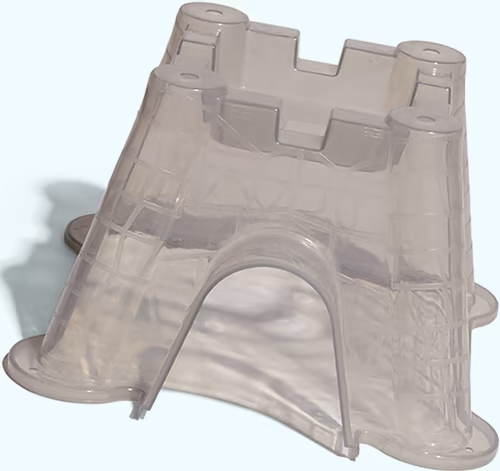
Hideaways
Place a hide box in their home for privacy.
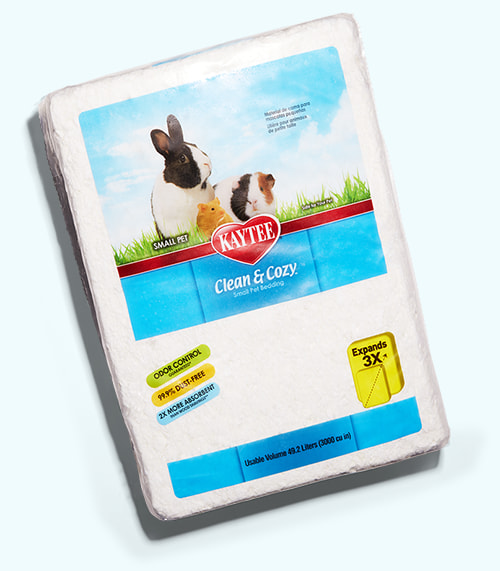
Bedding
Place 1–2 inches of high-quality paper-based bedding in their habitat.
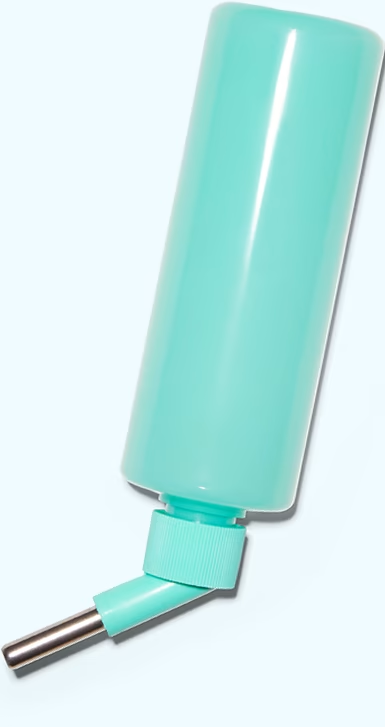
Water bottles and bowls
Provide and refill clean, fresh water daily.
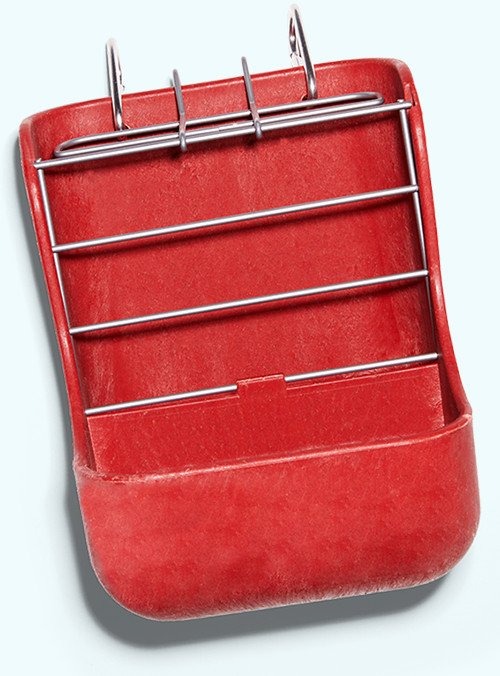
Food bowls and hay trays
Feed them high-quality, pelleted food and an unlimited amount of grass hay.
-
Habitats
Provide the largest possible habitat (minimum 36” L x 30” W x 18” H) so they have plenty of room to exercise and play.
-
Hideaways
Place a hide box in their home for privacy.
-
Bedding
Place 1–2 inches of high-quality paper-based bedding in their habitat.
-
Water bottles and bowls
Provide and refill clean, fresh water daily.
-
Food bowls and hay trays
Feed them high-quality, pelleted food and an unlimited amount of grass hay.
2. Finding the right food
Set a strong foundation for your new pet’s physical health with quality nutrition.
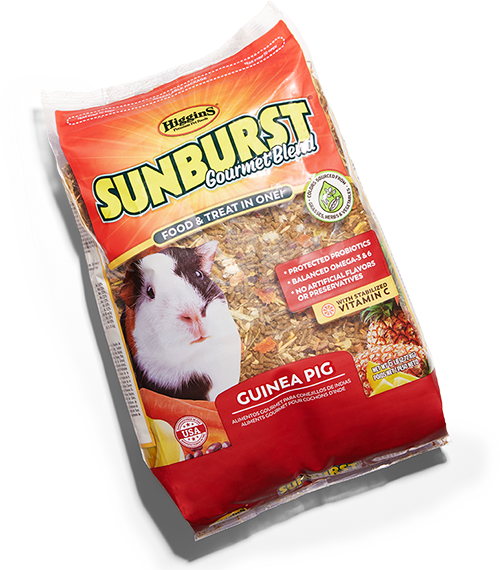
Food
Feed them a species-appropriate, high-fiber, low-sugar diet.
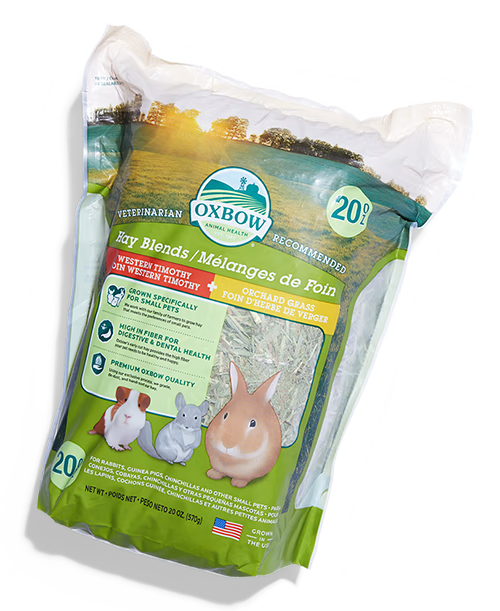
Hay
Hay adds fiber and other essential nutrients to their diet and should always be available.
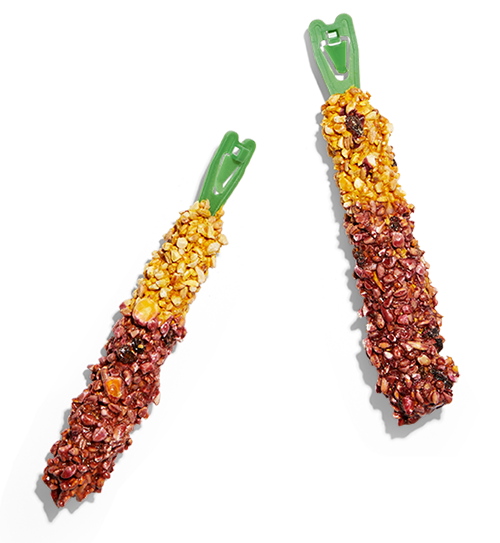
Treats
Provide additional nutrients while building your bond with treats that are made with hay and veggies.
3. KEEPING YOUR GUINEA PIG HAPPY
Help them feel comfortable in their new home with entertaining toys and more.
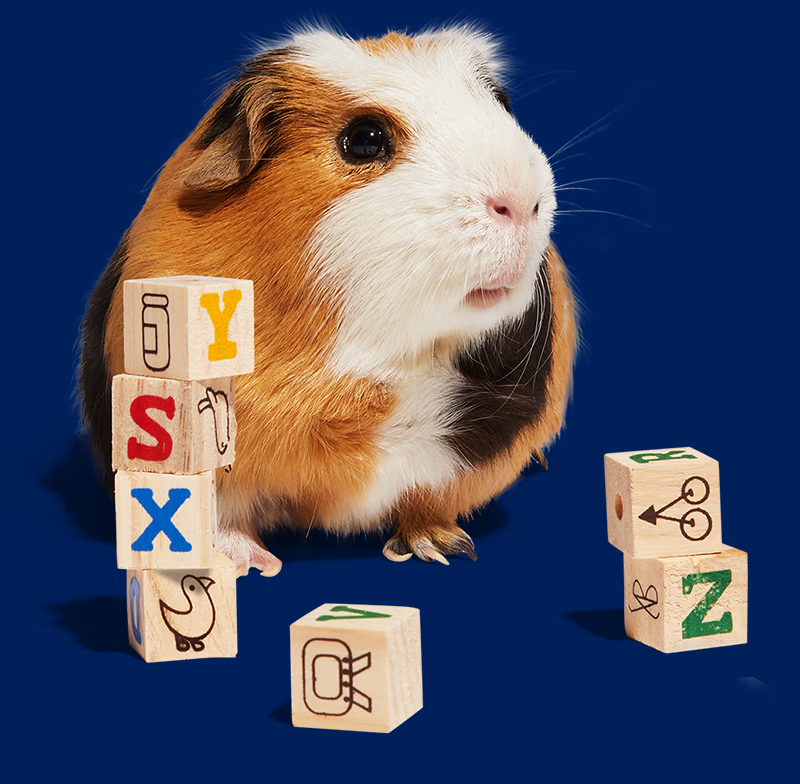
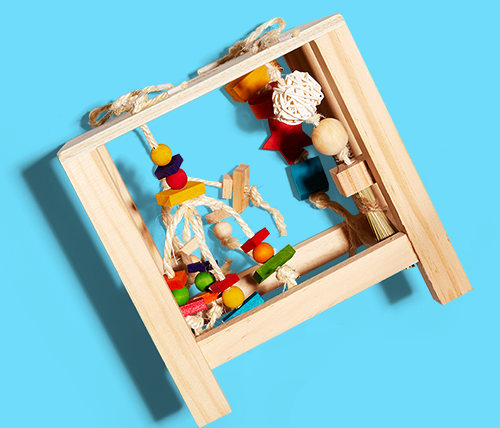
Toys
Help keep them mentally stimulated throughout the day with a variety of toys.
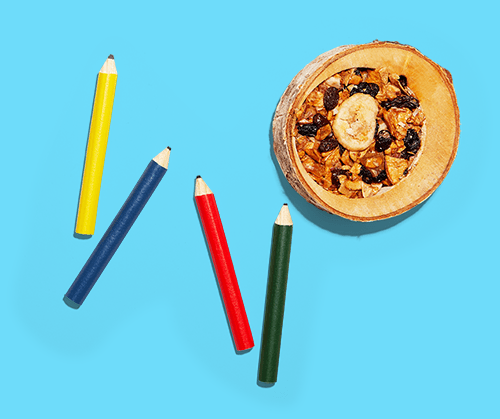
Chews
Bring home chews to help prevent boredom and help maintain their dental health.
4. Understanding your guinea pig
While they are usually active and friendly, they need time to adjust to their new environment. Below are some key behaviors to know before bringing them home.

Popcorning
One of their most unique behaviors, popcorning is when a guinea pig jumps and twirls in the air to show that they are happy.

Wheeking
Whistling or “wheeking” involves a high-pitched sound that usually means they are excited.

Purring
A lower-pitched purr can mean they are content, while a higher-pitched purr may mean they are annoyed or afraid.
5. BUILDING A ROUTINE
A daily, consistent routine for grooming, cleaning and more can help support their wellbeing while they settle in.
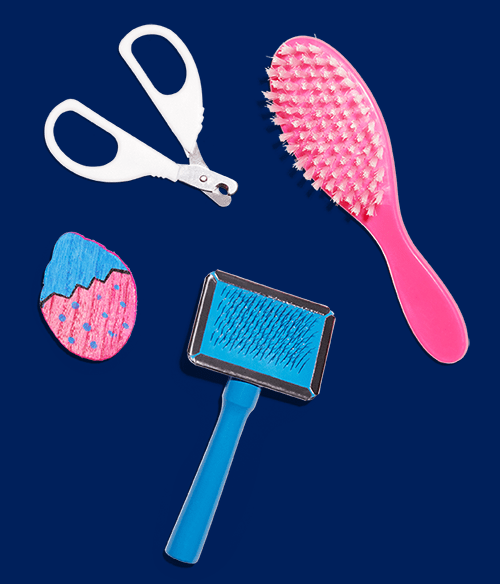
Grooming
While guinea pigs stay clean and rarely need baths, they need their nails clipped regularly and benefit from periodic brushing.
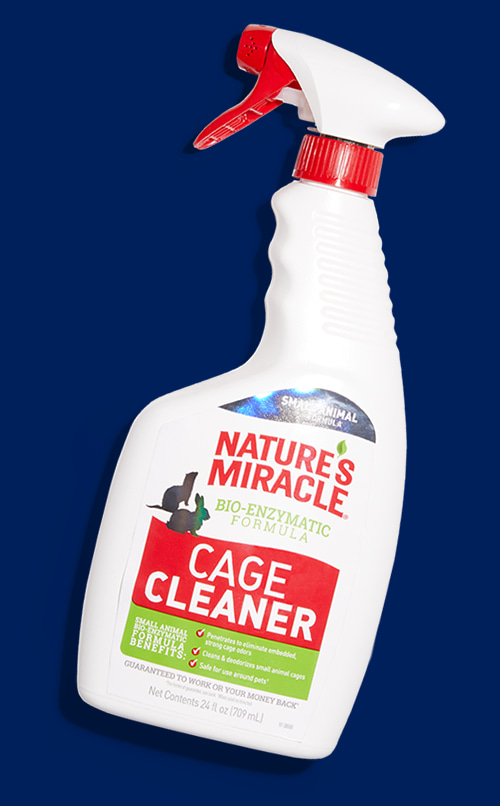
Cleaning
Bedding should be spot cleaned daily, and your pet’s entire habitat should be cleaned thoroughly at least once a week.
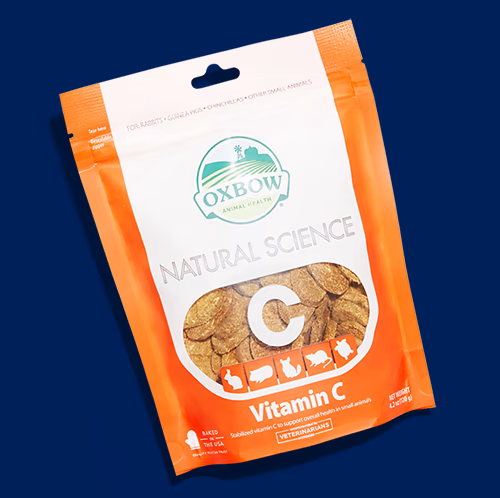
Vitamin C
Help them get enough vitamin C in their diet by bringing home supplements and veggies since guinea pigs can’t make it on their own.
-
Grooming
While guinea pigs stay clean and rarely need baths, they need their nails clipped regularly and benefit from periodic brushing.
-
Cleaning
Bedding should be spot cleaned daily, and your pet’s entire habitat should be cleaned thoroughly at least once a week.
-
Vitamin C
Help them get enough vitamin C in their diet by bringing home supplements and veggies since guinea pigs can’t make it on their own.
Guinea Pig Care Essentials
Best Guinea Pig Cages
Best Selling Guinea Pig Diets
Best Guinea Pig Bedding
Small Rodent Pet Essentials
Big Guinea Pig Cages
Guinea Pig Food For All Life Stages
Best Guinea Pig Chew Toys
Guinea Pig Food Mixes
Best Hay For Guinea Pigs
Chewing Guinea Pig Foods
Guinea Pig Natural Foods
Timothy Hay For Guinea Pigs
Safe Chew Toys For Guinea Pigs
Healthy Treats For Guinea Pigs
Beginner Pet Cages
Chinchilla Playpens
Pet Cage Supplies
Pet Lizards
Exotic Pet Supplies

